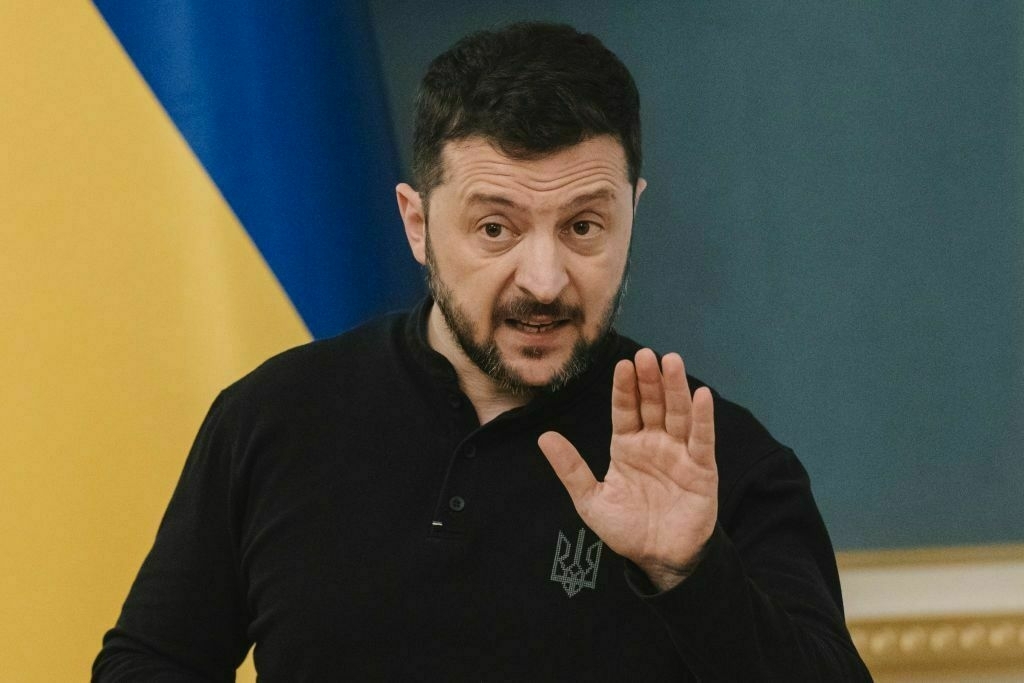-
'Putin is playing a game here' — Germany's Pistorius criticizes Trump's ceasefire call with Moscow
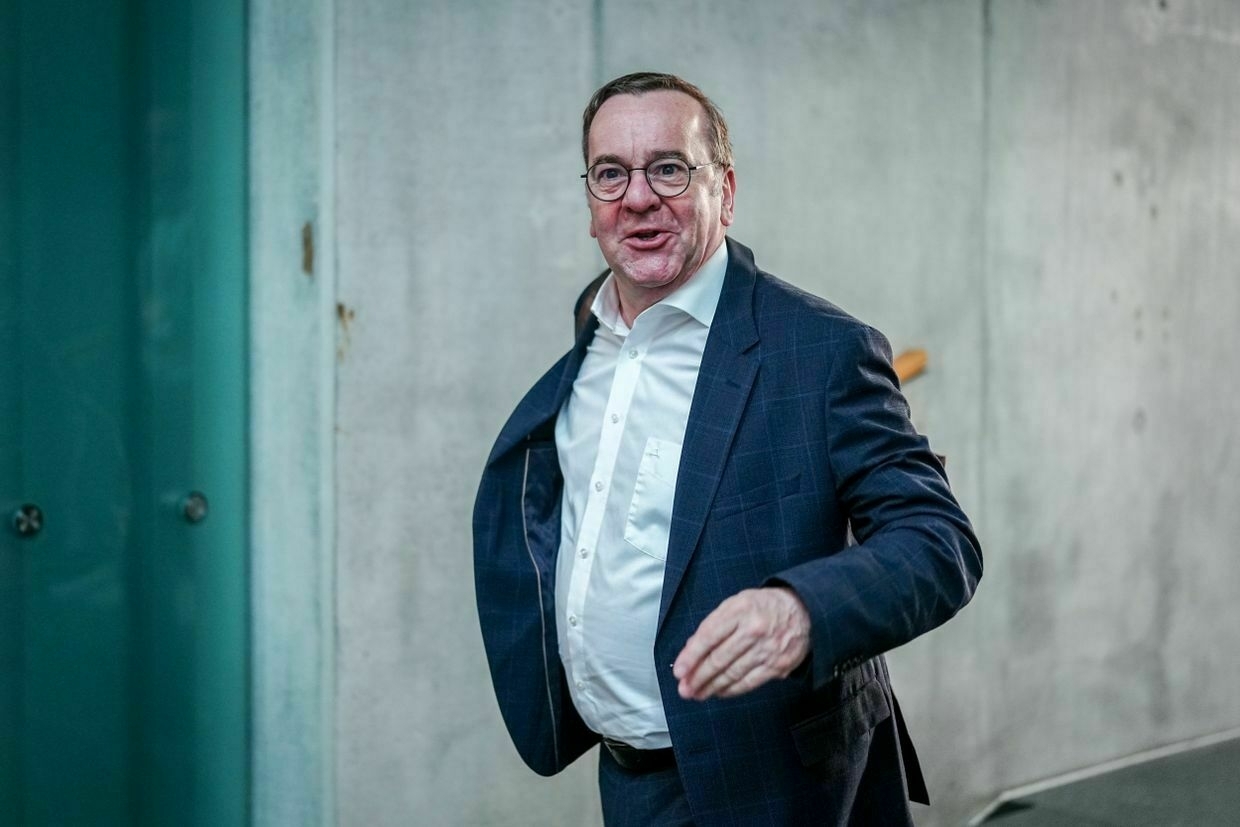
Germany’s Defense Minister Boris Pistorius on March 19 criticized the call between the U.S. and Russian presidents the day before, saying the partial ceasefire announced afterwards “doesn’t actually mean anything."
Speaking to the German broadcaster ZDF, Pistorius said the call between U.S. President Donald Trump and Russian President Vladimir Putin amounted to a “nullnummer” (a zero-zero-draw).
Despite still not agreeing to a full 30-day ceasefire proposed by the U.S., the Kremlin said it had agreed to a 30-day pause in attacks on energy infrastructure.
“After this supposedly groundbreaking, great phone call, the Russian attacks have not decreased,” Pistorius said, referencing drone strikes recorded across Ukraine overnight.
“So Putin is playing a game here, and I’m sure the American president won’t be able to stand by and watch for long without reacting,” Pistorius said, adding he believes that Putin is playing for time to regroup his troops and weaken Ukraine’s defense capability.
The Kremlin has also demanded a complete cessation of foreign military aid and intelligence to Ukraine as a “key condition for avoiding an escalation of the war,” according to its statement released after the call.
Elsewhere, current German Chancellor Olaf Scholz, standing by French President Emmanuel Macron in Berlin, welcomed news of the partial ceasefire agreement. Scholz called it an important “first step” towards a complete ceasefire, Deutsche Welle reported on March 18.
Shortly after the call, air raid sirens blared, and explosions rocked Ukraine.
Ukraine said that Moscow had launched as many as 145 attack and decoy drones, as well as six missiles, against Ukraine, of which 72 were shot down and 56 disappeared from radars.
“Today, Putin de facto rejected the proposal for a complete ceasefire. It would be right for the world to reject in response any attempts by Putin to drag out the war,” President Volodymyr Zelensky said.
‘Talk about an invasion is everywhere’ — How Lithuania is preparing for war with RussiaThroughout Russia’s full-scale invasion of Ukraine, repeated and escalating warnings of the potential for a wider war have only raised fears in the Baltic states that they could be next in the crosshairs of the Kremlin. Talk about a potential Russian invasion is “very common at parties, gatherings,…The Kyiv IndependentYuliia Taradiuk
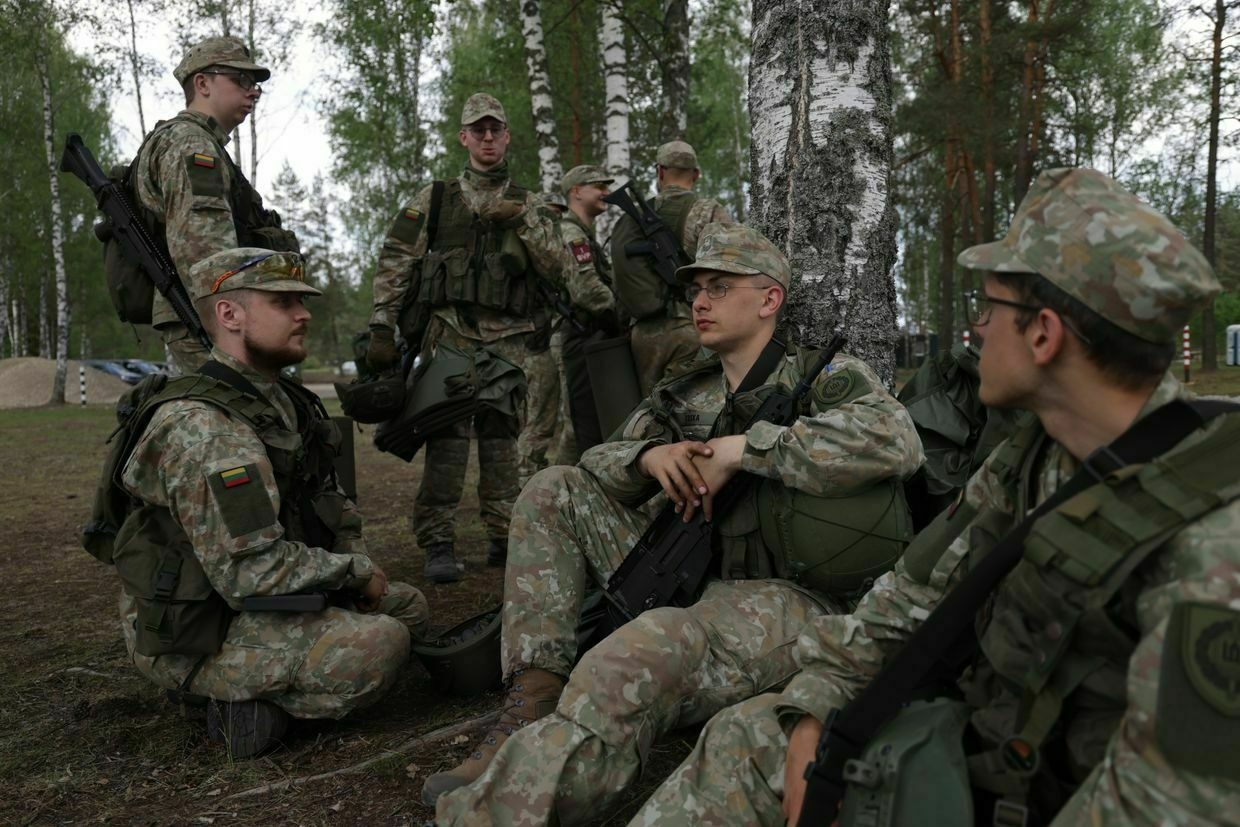
-
Ukraine ceasefire could be reached 'in a couple of weeks,' Witkoff says
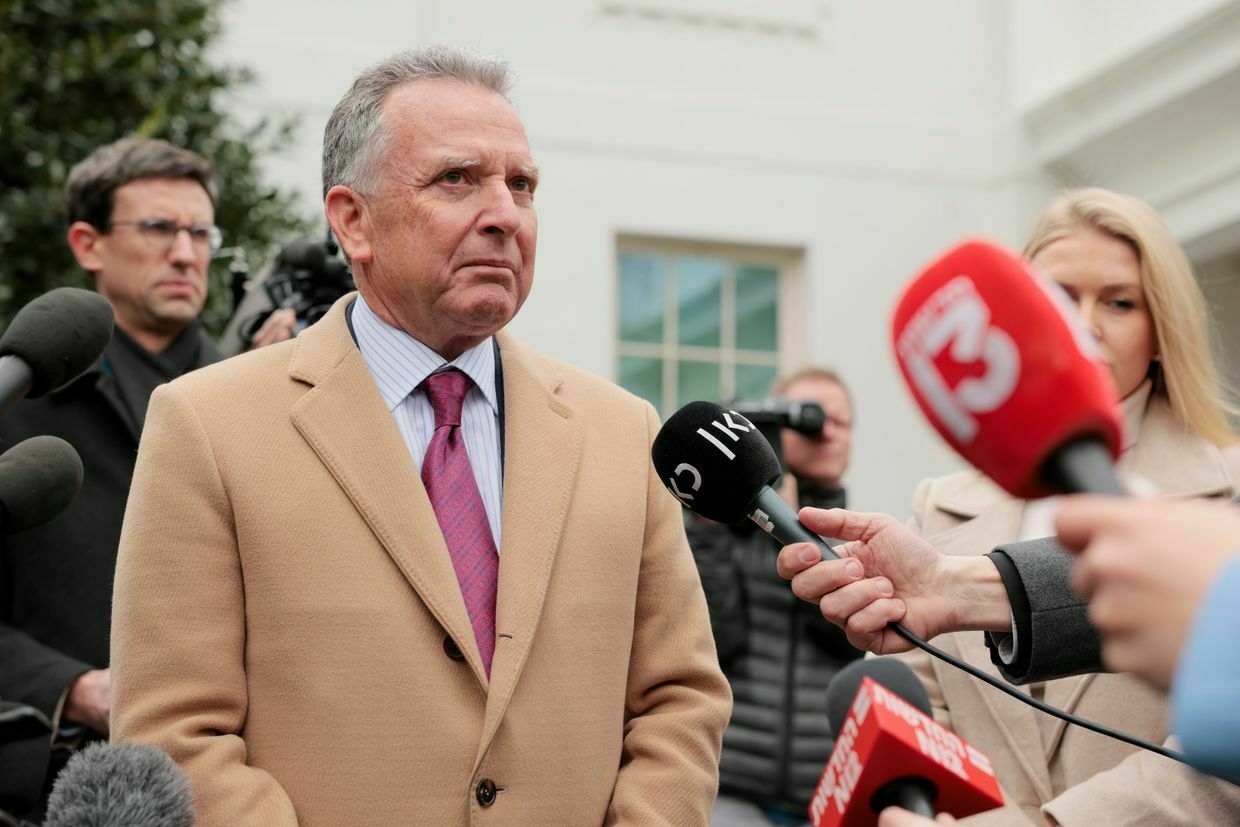
A ceasefire in Ukraine could be reached within weeks, U.S. President Donald Trump’s special envoy to the Middle East, Steve Witkoff, told Bloomberg TV on March 19.
“I actually think in a couple of weeks we’re going to get to it (a ceasefire). So, lots of good things. Now, it’s for the technical teams to dot the I’s and cross the T’s. And everybody is committed to that process,” Witkoff said.
His statement follows Trump’s March 18 call with Russian President Vladimir Putin, during which the Russian leader agreed to a limited 30-day halt on energy infrastructure strikes but did not commit to the broader U.S.-proposed ceasefire.
Following the call, the Kremlin reiterated its demand for a complete halt to foreign military aid and intelligence sharing with Ukraine, calling it a “key condition for avoiding an escalation of the war."
Witkoff emphasized that achieving a full ceasefire depends on the 2,000-kilometer front line where Ukrainian and Russian forces are engaged in combat, noting that conditions vary significantly along different sections.
Trump Jr., Witkoff, Carlson involved in secret talks with Zelensky’s rivals, Politico reportsU.S. President Donald Trump’s son, Donald Jr., news host Tucker Carlson, Trump’s son-in-law Jared Kushner, and special envoy Steve Witkoff were involved in backchannel talks with President Volodymyr Zelensky’s political rivals, Politico reported on March 18, citing undisclosed sources.The Kyiv IndependentMartin Fornusek
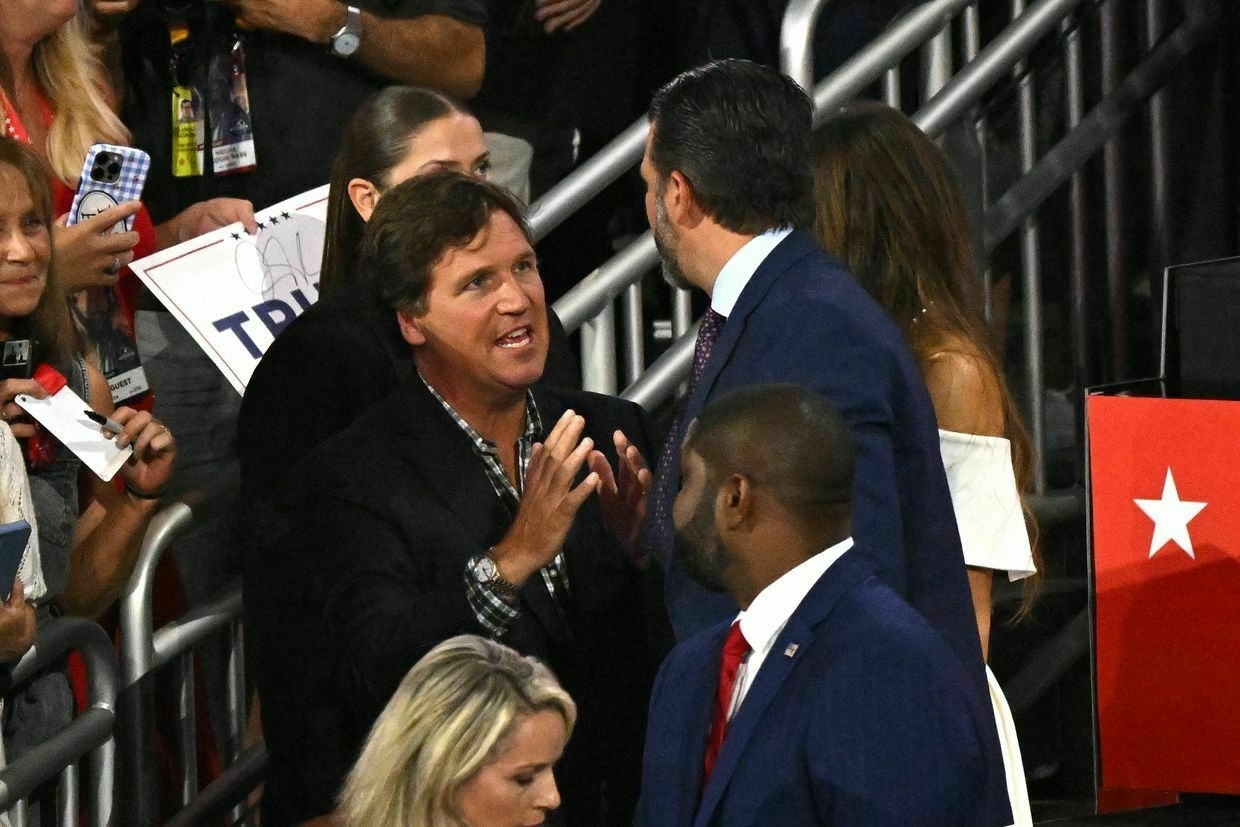
“We don’t need to have the larger, overarching discussions that have been had. It was completed yesterday between the two leaders. They (Putin and Trump) agreed on a pathway to some ceasefire conditions today and to a full-on ceasefire that will be negotiated over the coming days,” he said.
The next round of U.S.-Russia talks is set to take place in Jeddah, Saudi Arabia, on March 23, Witkoff told Fox News on March 18.
The discussions will be led by National Security Adviser Mike Waltz and Secretary of State Marco Rubio, focusing on key ceasefire details. Witkoff did not confirm who the U.S. delegation would meet with.
President Volodymyr Zelensky said on March 19 that the next meeting in Saudi Arabia could focus on discussing a partial ceasefire, particularly regarding infrastructure and energy and the security of shipping routes.
“It will be a technical team. From our side, there will definitely be military officials, engineers, and people who understand port infrastructure. This is the technical level,” Zelensky said.
Trump’s push for regime change in Ukraine has only boosted ZelenskyThe debate over Ukraine’s elections and future leadership is intensifying. With peace talks gaining momentum, calls for elections are growing louder, and both the Russian and American sides are questioning Ukrainian President Volodymyr Zelensky’s legitimacy. However, criticism from the Kremlin and t…The Kyiv IndependentOlena Yermakova
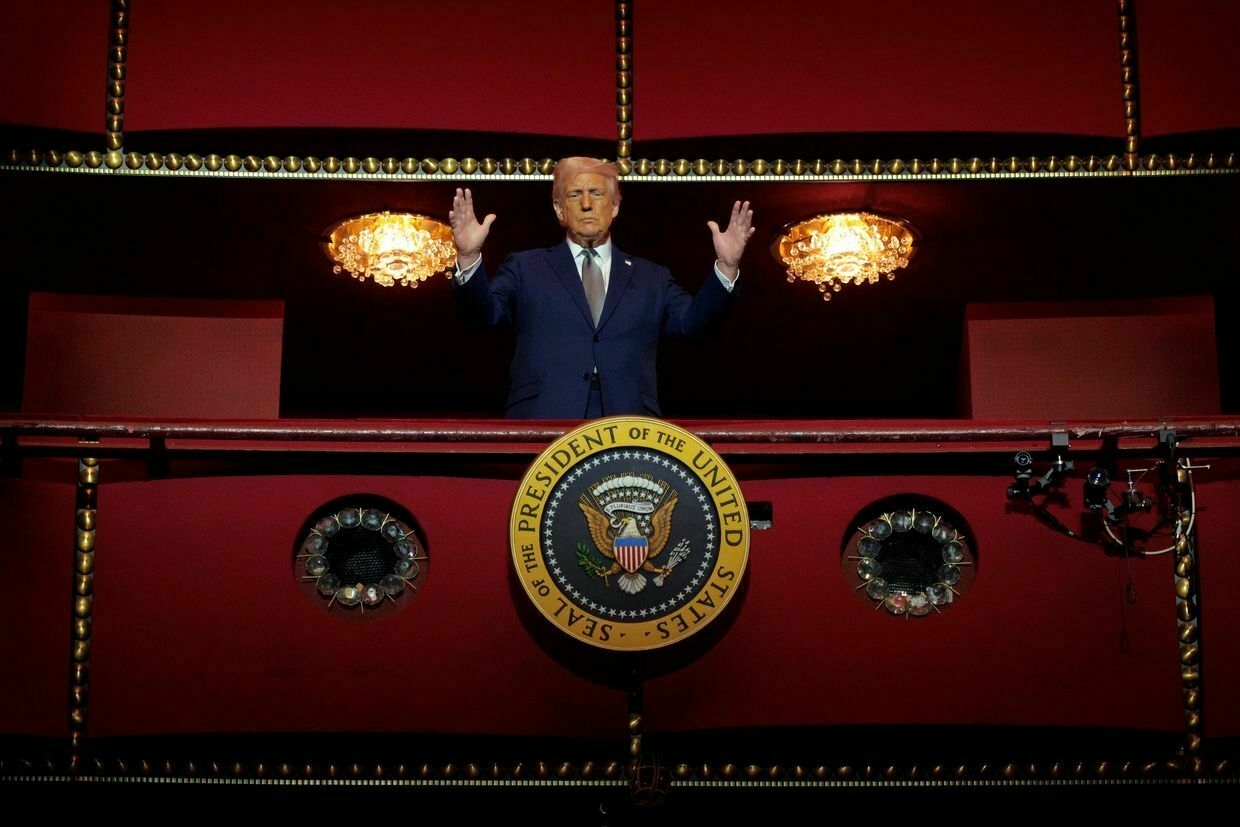
-
German government backs additional $3.3 billion in military aid for Ukraine
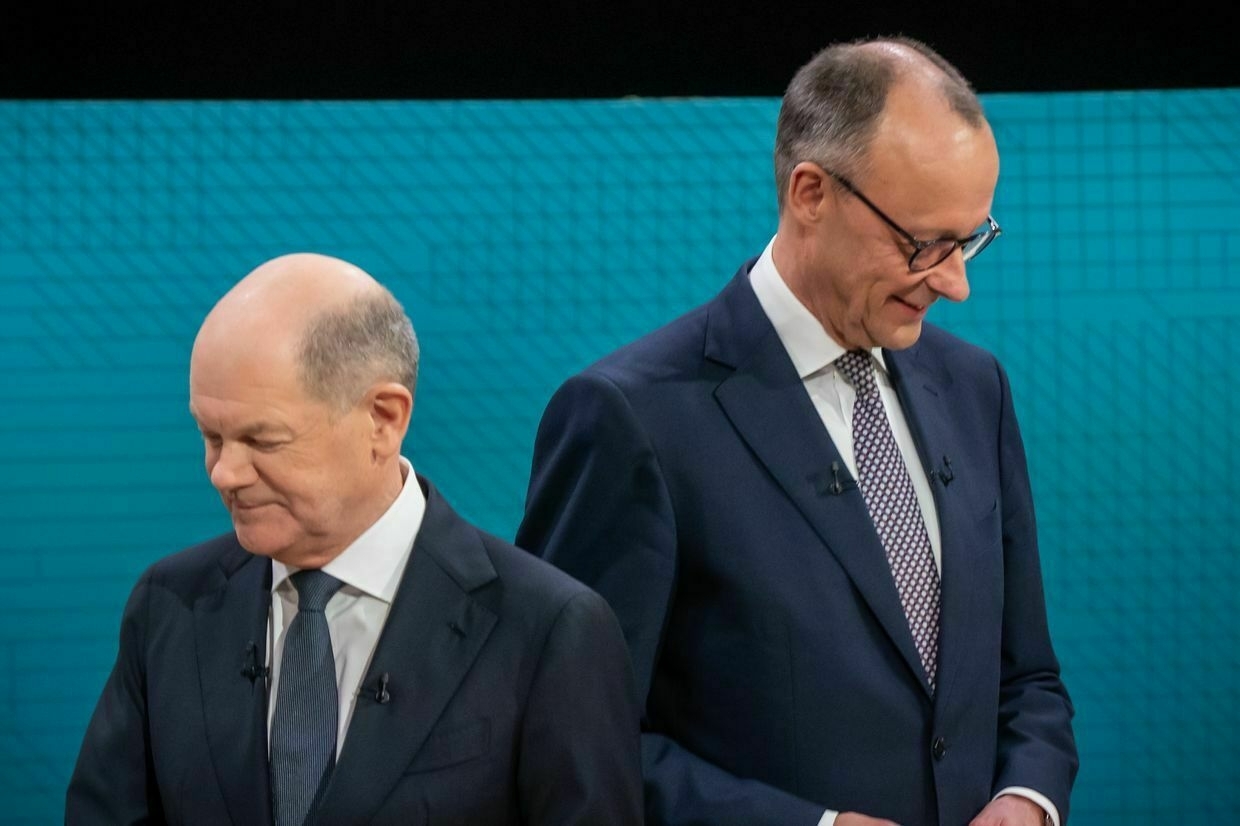
The outgoing German government agreed to release an additional 3 billion euros ($3.3 billion) in military assistance for Ukraine, a German Finance Ministry spokesperson confirmed for the Kyiv Independent on March 19.
Outgoing Chancellor Olaf Scholz has long blocked the package unless it is financed by additional borrowing.
Friedrich Merz, who is set to become the next chancellor after his conservative CDU/CSU alliance won the elections in February, voiced confidence that the additional assistance would be approved as he unveiled massive efforts to boost defense spending by reforming Germany’s debt brake.
Merz, who is seeking to build a new government coalition with the Social Democrats (SPD), scored a major win earlier this week after the outgoing parliament approved a spending surge that could unleash up to 500 billion euros ($545 billion) for Germany’s defense.
According to Reuters, the parliamentary budget committee should approve the funds for Ukraine on March 21, as long as the Bundesrat, a legislative body representing Germany’s federal states, approves Merz’s reforms.
Germany is Ukraine’s largest military donor in Europe, and its role is likely only to grow as U.S. President Donald Trump seeks to reduce American involvement on the continent and restore ties with Russia.
The 3-billion-euro package is in addition to the 4 billion euros ($4.36 billion) already allocated for Kyiv in 2025.
Reuters reported earlier on March 19 that German Finance Minister Joerg Kukies has informed parliament’s budget committee that the requirements for additional funds for Ukraine have been met.
This was later confirmed by the ministry’s spokesperson to the Kyiv Independent.
The sum of 3 billion euros includes 2.547 billion euros ($2.8 billion) from the German budget, with the rest being reimbursed by the European Peace Facility.
Kukies also plans to authorize some 8.252 billion euros ($8.9 billion) in military aid to Ukraine between 2026 and 2029.
Kremlin demands halt to foreign military aid, intelligence to Ukraine as condition for avoiding war escalationThe Kremlin has demanded a complete cessation of foreign military aid and intelligence to Ukraine as a “key condition for avoiding an escalation of the war,” according to a statement released on March 18.The Kyiv IndependentKateryna Hodunova
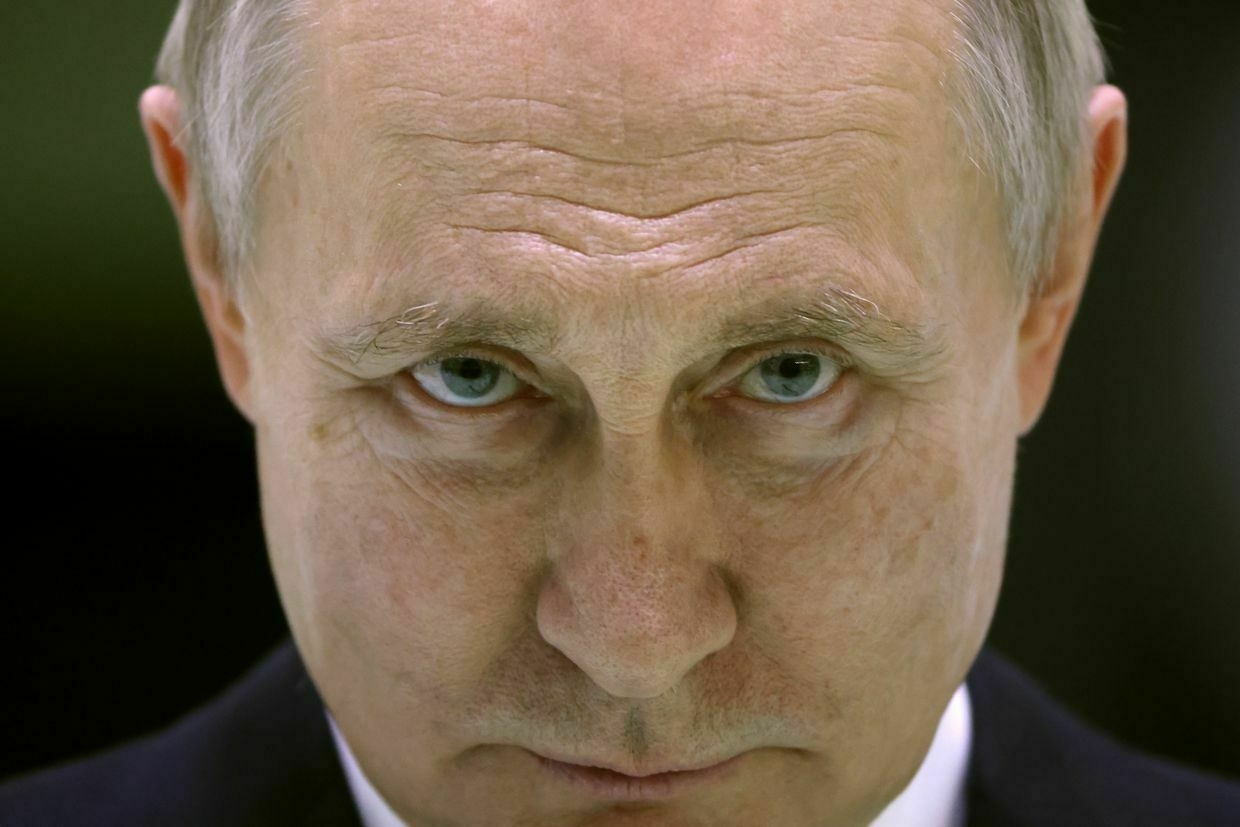
-
US court blocks cuts to USAID, says Musk's DOGE likely violated Constitution
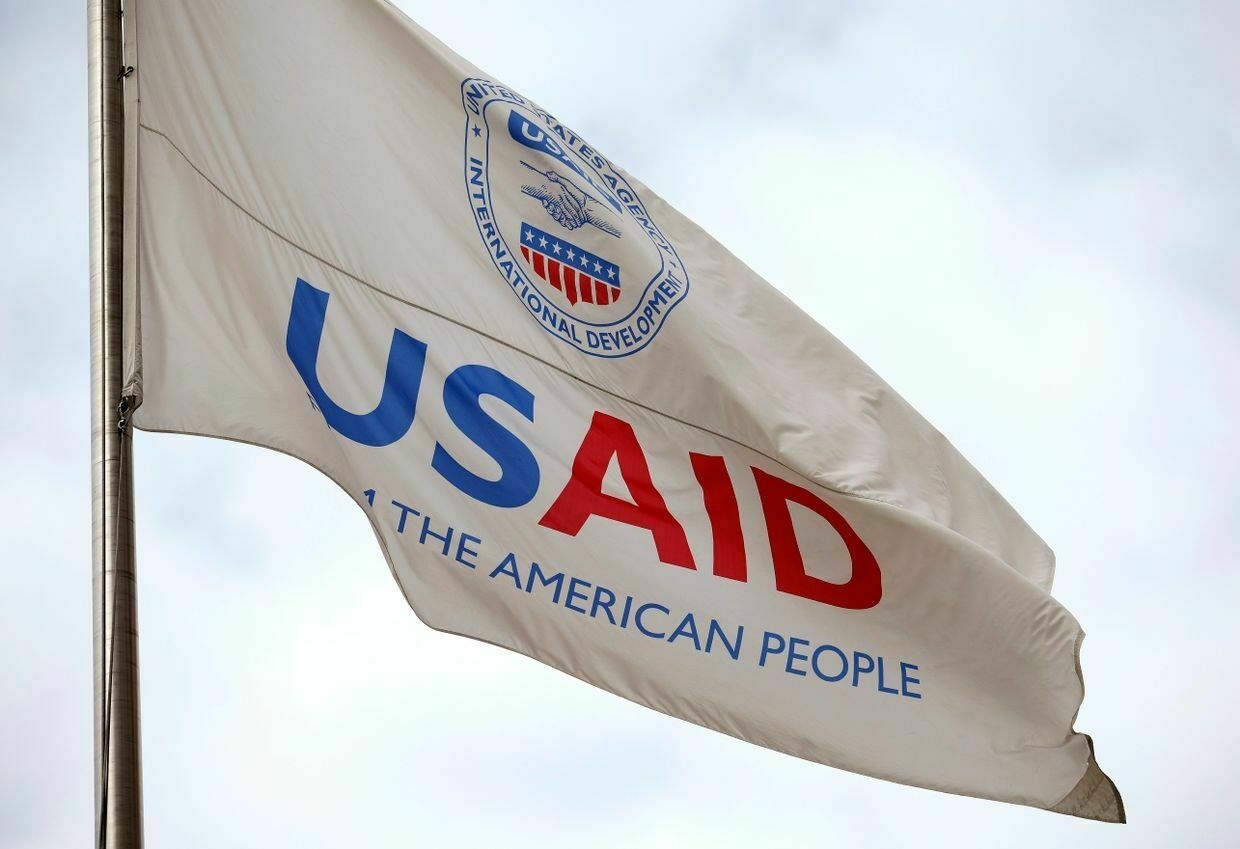
A U.S. federal court has barred further cuts to the U.S. Agency for International Development (USAID), ruling that its dismantling by Elon Musk’s Department of Government Efficiency (DOGE) likely violated the U.S. Constitution, the Associated Press reported on March 19.
The move follows the Trump administration’s termination of 83% of USAID’s foreign aid contracts while most of the agency’s staff members have been laid off or placed on administrative leave.
The dismantling of USAID had broad implications, particularly for Ukraine, where the agency has provided $2.6 billion in humanitarian aid, $5 billion in development assistance, and over $30 billion in direct budget support since Russia’s full-scale invasion began.
The court order requires the Trump administration to restore email and computer access to all USAID employees, including those on administrative leave. The move does not reinstate the agency in full or reverse staff firings.
U.S. District Judge Theodore Chuang in Maryland rejected the administration’s claim that Musk, the world’s richest man and DOGE chief, is merely an adviser to U.S. President Donald Trump.
Chuang pointed to Musk’s public statements and social media activity as evidence of his control over DOGE, citing a post in which Musk wrote that he had “fed USAID into the wood chipper."
46% of Americans think US support for Ukraine is insufficient, poll findsAccording to the poll, 46% of Americans believe Washington is not providing sufficient assistance to Ukraine — 16% more than in December.The Kyiv IndependentTim Zadorozhnyy
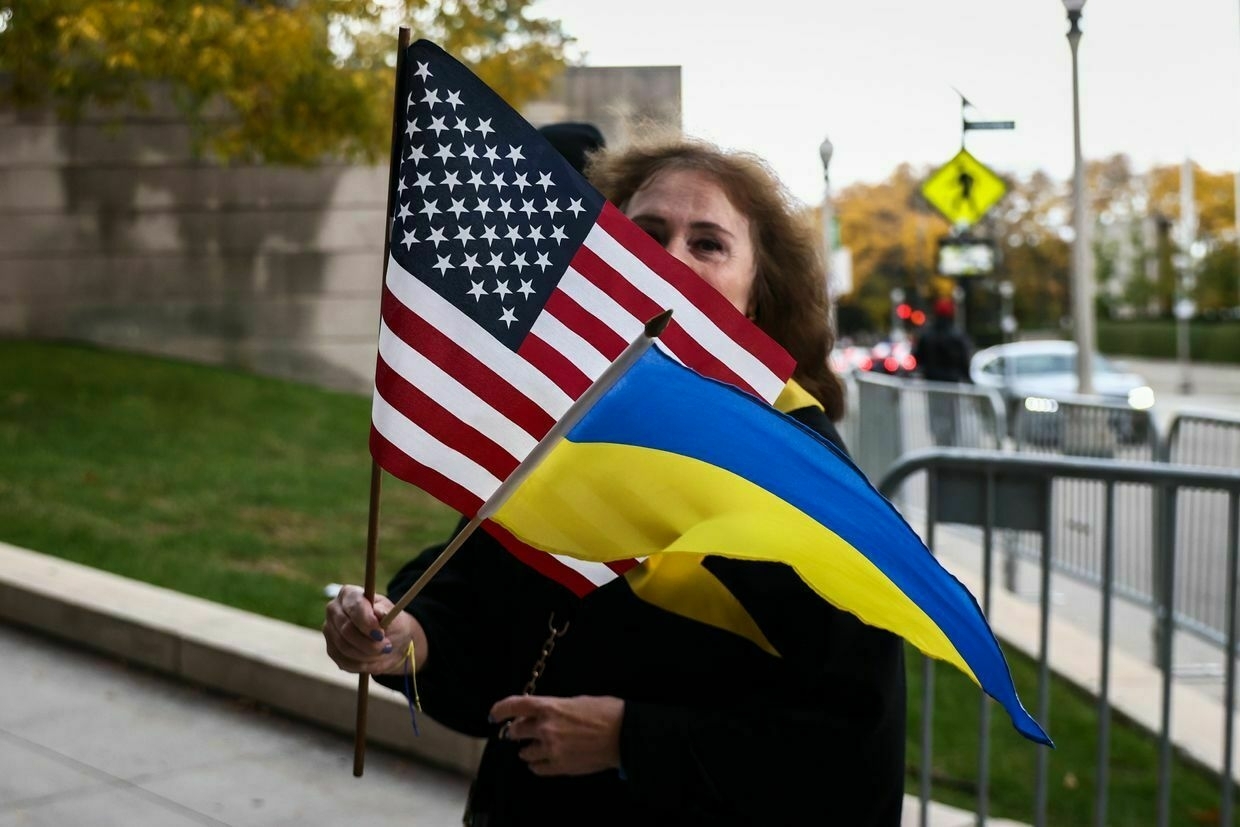
Musk, a close Trump ally, has aggressively pushed to dismantle USAID, slashing staff and publicly attacking the agency’s work. The ruling states that USAID is likely unable to perform its legally mandated functions due to these actions.
“Taken together, these facts support the conclusion that USAID has been effectively eliminated,” Chuang wrote in the preliminary injunction.
The lawsuit, filed by USAID employees and contractors, argues that Musk and DOGE exercise powers reserved by the Constitution for elected officials or Senate-confirmed appointees. Their attorneys said the ruling “effectively halts or reverses” many steps taken to shut down the agency.
Judge Chuang also ruled that Musk’s actions likely harmed the public interest by stripping Congress of its constitutional authority to determine whether, when, and how to close a government agency.
The Trump administration’s broader effort to curtail foreign aid has drawn criticism from health officials and humanitarian groups, who warn that such cuts will worsen global crises.
Zelensky announces talk with Trump on March 19; says Russia attacked Ukraine’s power grid despite claimed pause“Today, I will contact President Trump. We will discuss the details of the next steps,” President Volodymyr Zelensky said.The Kyiv IndependentTim Zadorozhnyy
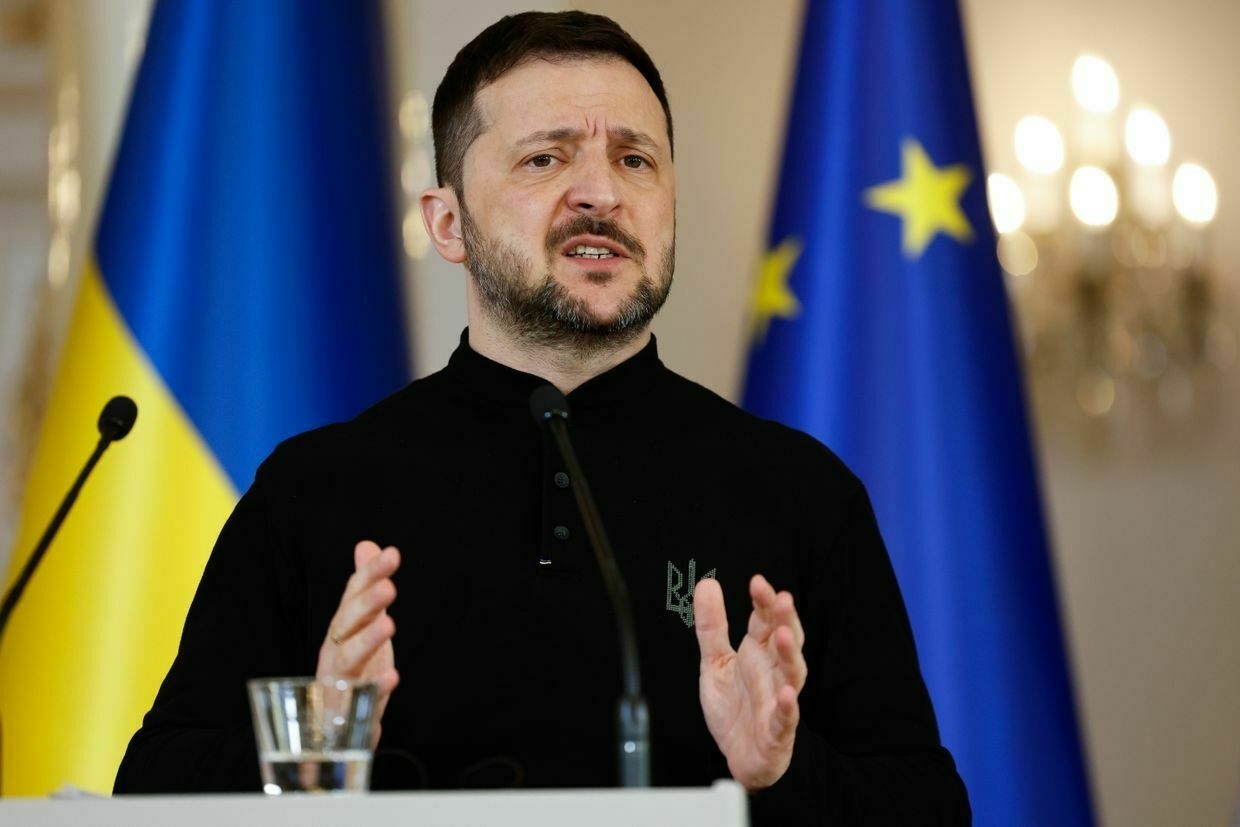
-
Trump Jr., Witkoff, Carlson involved in secret talks with Zelensky's rivals, Politico reports
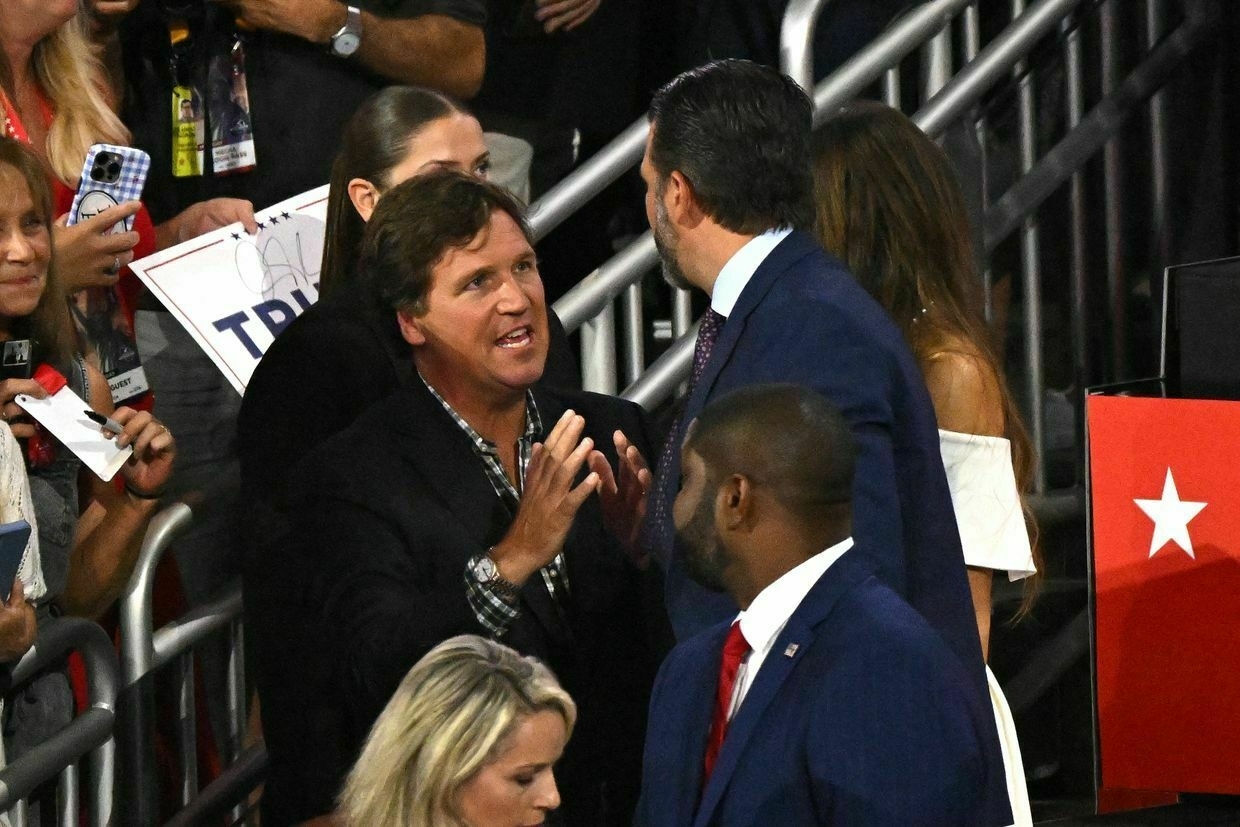
U.S. President Donald Trump’s son, Donald Jr., news host Tucker Carlson, Trump’s son-in-law Jared Kushner, and special envoy Steve Witkoff were involved in backchannel talks with President Volodymyr Zelensky’s political rivals, Politico reported on March 18, citing undisclosed sources.
Politico reported back on March 6 that members of Trump’s team led secret discussions with ex-President Petro Poroshenko’s allies and former Prime Minister Yulia Tymoshenko as the Trump administration grew displeased with Zelensky.
These backchannel talks were part of an effort to make Zelensky more compliant and show that the U.S. has other potential partners in Ukraine, Politico reported.
The Kyiv Independent could not verify the claims.
Witkoff is the only person named by three Ukrainian lawmakers and a Republican foreign policy expert for Politico who holds an official position in Trump’s team. Formally a special envoy for the Middle East, Witkoff has been involved in U.S. talks with both Russia and Ukraine.
Carlson is a controversial, far-right host who repeatedly promoted anti-Ukrainian narratives and interviewed Russian President Vladimir Putin and Russian Foreign Minister Sergey Lavrov.
Trump Jr., the U.S. president’s eldest son and executive vice president of the Trump Organization, has also often lashed out against U.S. support for Kyiv on social media.
Kushner is a businessman and investor who served as Trump’s advisor during his first administration and is married to the president’s daughter, Ivanka Trump.
According to the Politico sources, U.S. officials are convinced that Zelensky would lose elections if it were held today, despite numerous polls saying otherwise.
Trump has repeatedly called for elections in Ukraine and, at one point, dubbed Zelensky a “dictator without elections” before seemingly walking back on that statement.
These comments echo the Kremlin’s propaganda about Zelensky’s supposed illegitimacy. The Ukrainian Constitution does not permit elections under martial law, which was instituted at the start of Russia’s full-scale invasion in 2022.
Recent opinion polls give Poroshenko and Tymoshenko slim chances of beating Zelensky if the vote was held today. One poll from February said that 44% of Ukrainians would vote for Zelensky in the first round, the highest number of all potential candidates.
The incumbent president was followed by ex-Commander-in-Chief Valerii Zaluzhnyi with 21%, Poroshenko with 10%, and Tymoshenko with 6%.
Both Poroshenko and Tymoshenko acknowledged only public contacts with foreign partners, including the U.S., and rejected calls for holding elections during the war.
Zelensky announces talk with Trump on March 19; says Russia attacked Ukraine’s power grid despite claimed pause“Today, I will contact President Trump. We will discuss the details of the next steps,” President Volodymyr Zelensky said.The Kyiv IndependentTim Zadorozhnyy
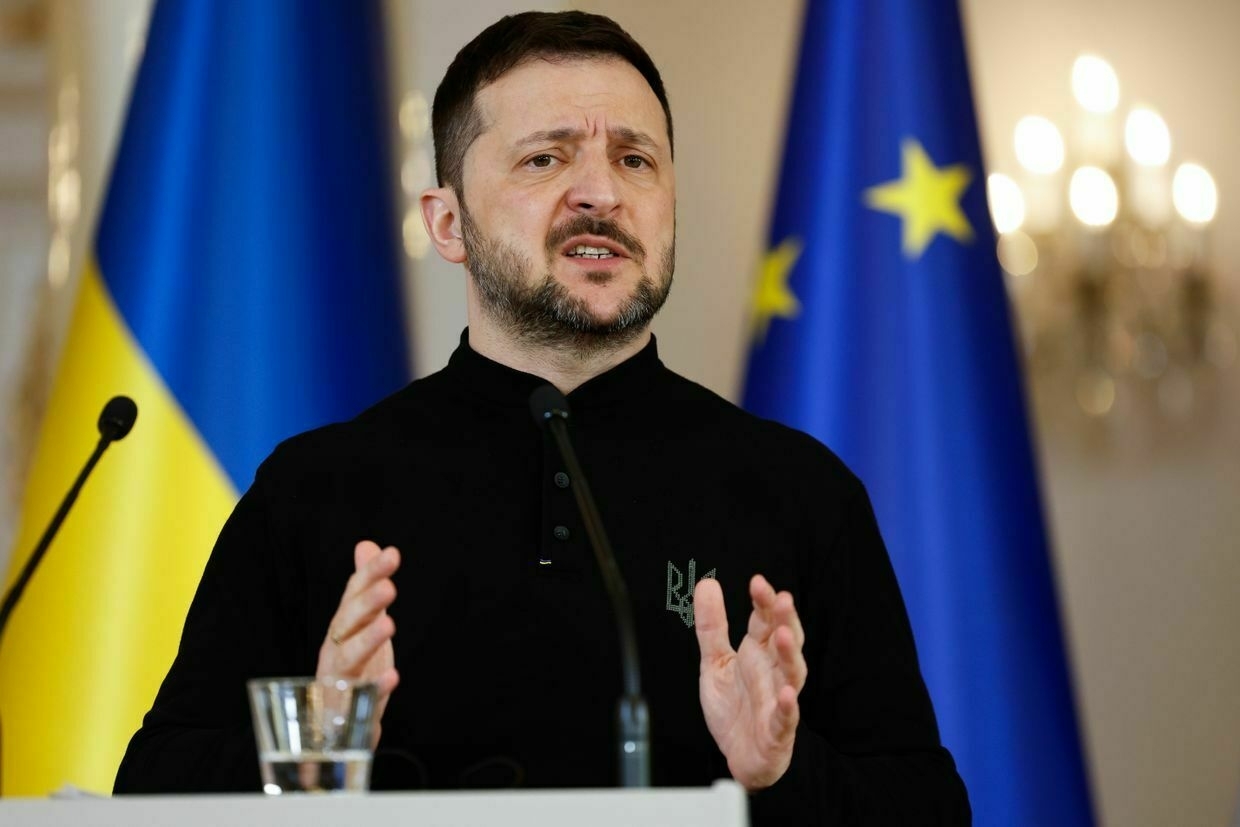
-
Trump’s push for regime change in Ukraine has only boosted Zelensky
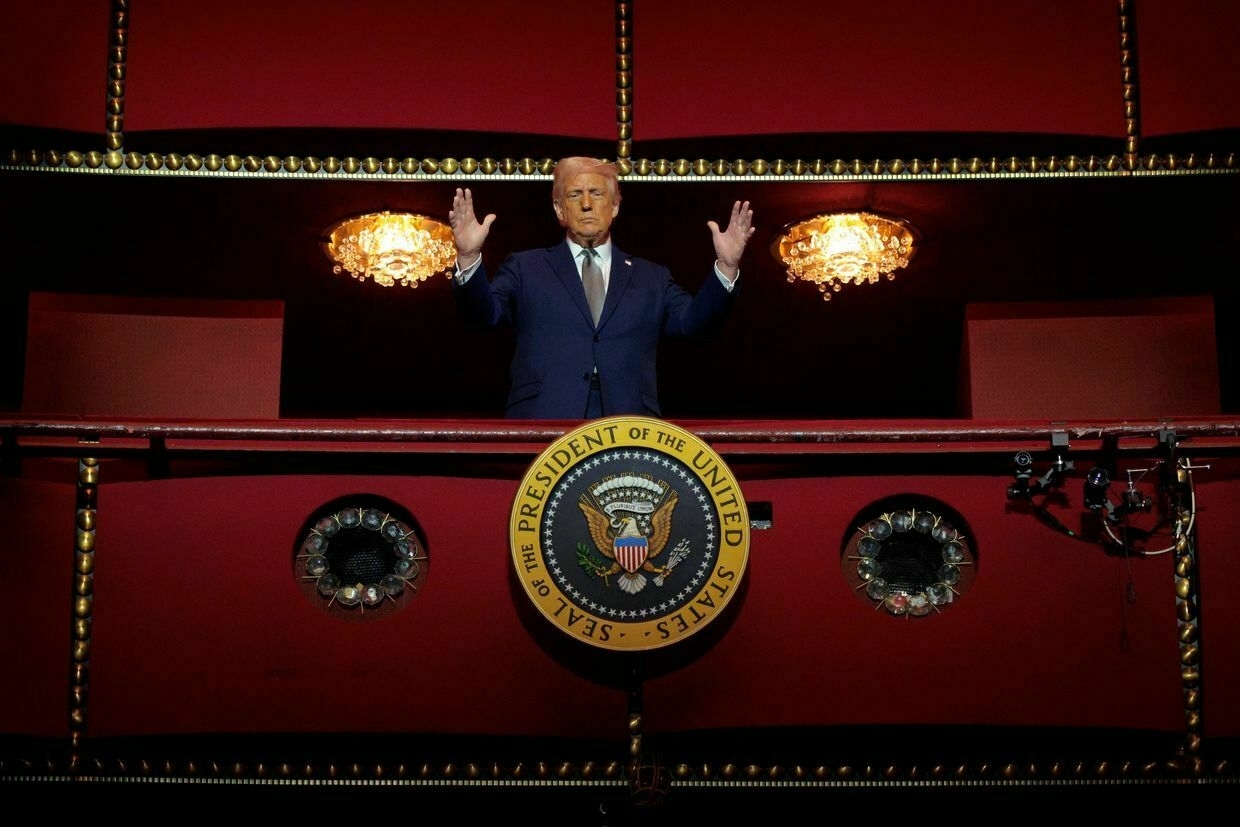
The debate over Ukraine’s elections and future leadership is intensifying. With peace talks gaining momentum, calls for elections are growing louder, and both the Russian and American sides are questioning Ukrainian President Volodymyr Zelensky’s legitimacy. However, criticism from the Kremlin and the Oval Office has inadvertently solidified his position.
For months, Zelensky’s approval ratings, though always high, had been under pressure due to military setbacks, internal disputes, and questions over governance. That changed almost overnight. Recent polling shows a sharp rise in his ratings, with the increase directly tied to Ukraine’s growing rift with the United States, creating a strong rally-round-the-flag effect.
When U.S. President Donald Trump cast Zelensky as the obstacle to his “instant peace” plan, the Ukrainian president became a political martyr — positioned as a leader standing up to a powerful external force demanding concessions. As seen in past crises, Ukrainian political survival depends on defiance, not accommodation.
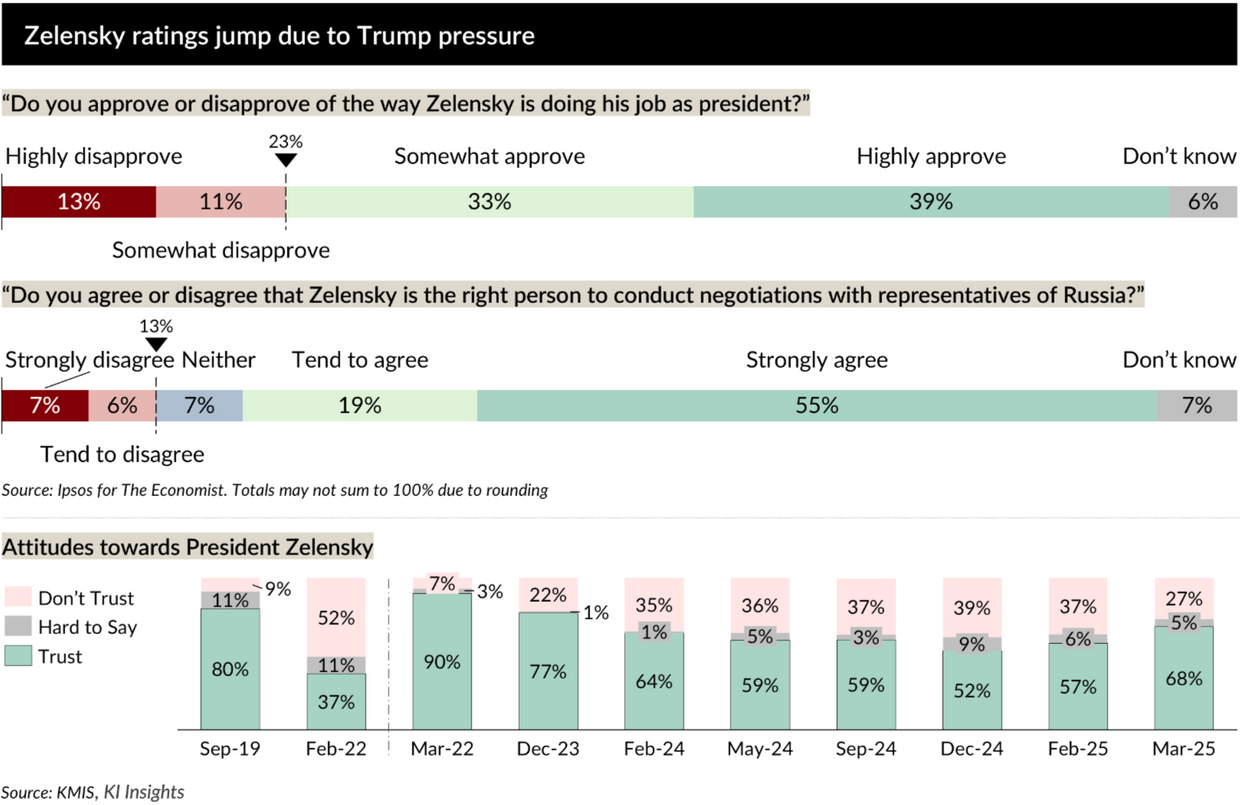
Zelensky is not alone in this. French President Emmanuel Macron sharpened his image as a European strongman by challenging Trump’s America-first policies. In Canada, the governing Liberal Party gained 15% as Trump waged his campaign of threats and tariffs. Even U.K. Prime Minister Keir Starmer has used his positioning as a “bridge to Washington” to consolidate his leadership. Politicians across the West are having their “Love Actually” moment, courtesy of Trump’s bullying.
“Politicians across the West are having their “Love Actually” moment, courtesy of Trump’s bullying.”
Yet Zelensky is not merely posturing — he is actively resisting U.S. pressure to accept terms that would weaken Ukraine’s position. This resistance has transformed him from a leader facing difficult re-election prospects into a figure once again seen as indispensable.
Trump wants Zelensky gone, but he faces a significant problem: Who would the U.S. want as its preferred candidate? The idea that Washington could simply appoint a pro-American successor reflects a misunderstanding of Ukraine’s political landscape — a mistake Russia has made repeatedly.
The most likely contender is Yulia Tymoshenko, who has maintained political relevance through decades of reinvention. However, despite her longevity, Tymoshenko has never won a presidential election, and her appeal is increasingly limited to specific voter blocs. If Washington backed her, it would be backing a losing bet.
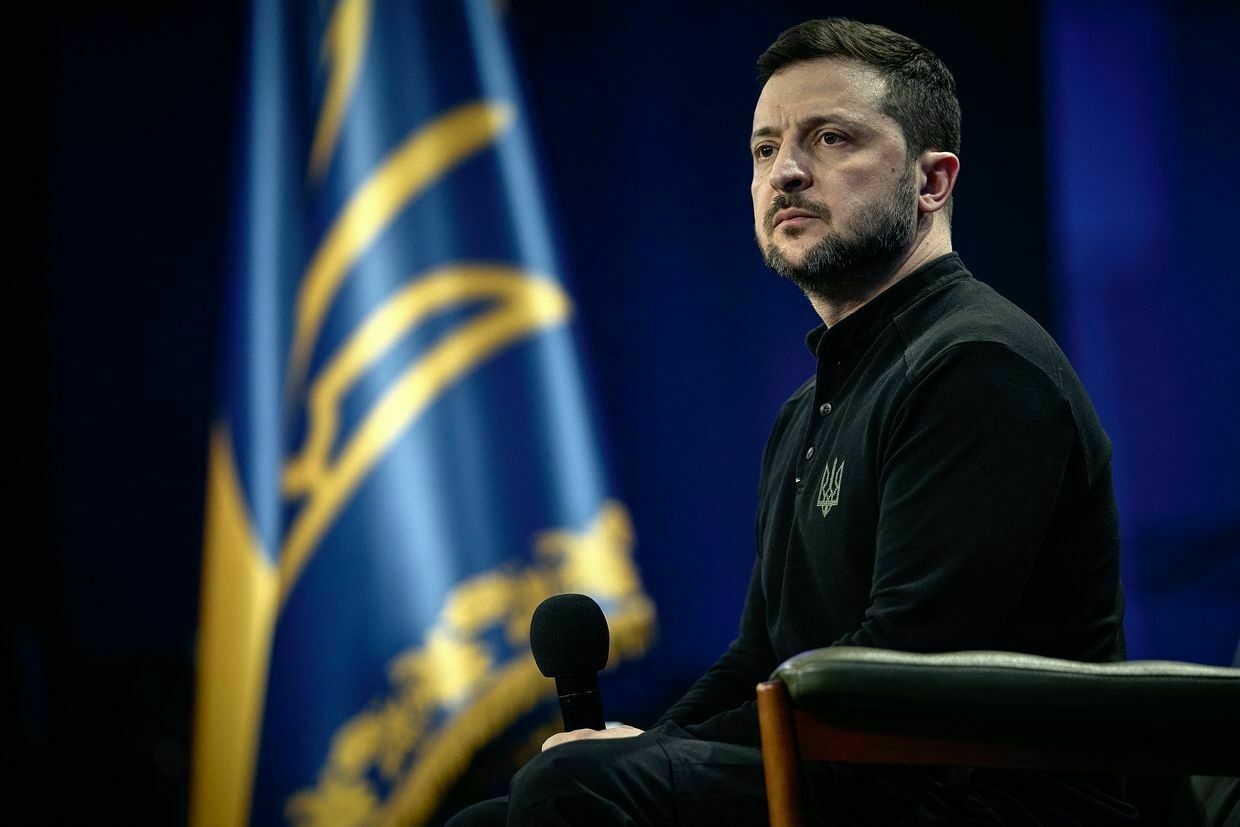
Ukrainian President Volodymyr Zelensky answers questions from the media during a press conference in Kyiv, Ukraine, on Feb. 23, 2025. (Kostiantyn Liberov/Libkos/Getty Images) Another name emerging in speculation about private talks with the Trump administration is former Ukrainian President Petro Poroshenko, Zelensky’s primary political rival. Like Tymoshenko, Poroshenko is a fixture of Ukrainian politics — an old-guard figure with a sizable anti-rating. His time as president left deep divisions, and while he remains influential, his chances of winning the presidency are slim. His polarizing legacy makes him an unlikely unifying candidate with little chance of securing a national mandate.
That leaves former Commander-in-Chief of the Ukrainian Armed Forces and current Ukrainian Ambassador to the U.K. Valerii Zaluzhnyi, frequently mentioned in speculation. However, the idea that Zaluzhnyi could become a pro-American candidate overlooks the reality of his position. Zaluzhnyi’s primary allegiance is to Ukraine’s military, not any foreign political agenda. Aligning too closely with U.S. demands — especially those perceived as capitulatory — would risk alienating the Ukrainian electorate and could potentially even be seen as treasonous by former Ukrainian military comrades.
While Zelensky is often criticized for his domestic policies and personnel choices, in foreign policy, he channels the will of the Ukrainian people. His firm stance earns him their trust. Sure, another negotiator could be sent, but they would lack legitimacy and largely share the same position.
If a leader were to concede to Russian demands, history suggests they wouldn’t last long. Ukraine has a well-established tradition of overthrowing leaders who serve Russian interests (see the Orange Revolution and the Revolution of Dignity). Any deal would need not just a president’s signature; it would require the backing of the Ukrainian people.
More importantly, it would need the acceptance of Ukraine’s military — one million men and women who have sacrificed too much to take orders from a Trump-anointed puppet. If Washington believes it can install a leader who tells them to lay down their weapons, why would they listen? Why wouldn’t they turn their guns (and shiny Western tanks) on them instead? The idea that Ukraine’s war can be resolved by simply reshuffling its leadership is naive at best, and at worst, a recipe for even greater chaos.
The irony is that those most eager to see Zelensky replaced — whether in Washington or Moscow — may have done the most to secure his continued leadership. Attempts to sideline him and paint him as an obstacle to negotiations have only strengthened his position. Just as external pressure has historically galvanized Ukrainian resistance, it has also cemented Zelensky’s role at the helm. With no viable pro-American alternative and no serious internal challengers gaining momentum, the Ukrainian president appears poised to remain in power for the foreseeable future.
Editor’s Note: The opinions expressed in the op-ed section are those of the authors and do not necessarily reflect the views of the Kyiv Independent.
visit ki insightsKI InsightsVisit KI Insights to learn more and subscribe to the insider weekly newsletterGermany’s military rebirth is Europe’s best bet against PutinWhen Russian President Vladimir Putin launched his full-scale invasion of Ukraine in February 2022, he knew that he was upending Europe’s security order. But this was more of a tactical gambit than a calculated strategy, and he could not have predicted what would follow. Though U.S. President DonaldThe Kyiv IndependentShlomo Ben-Ami
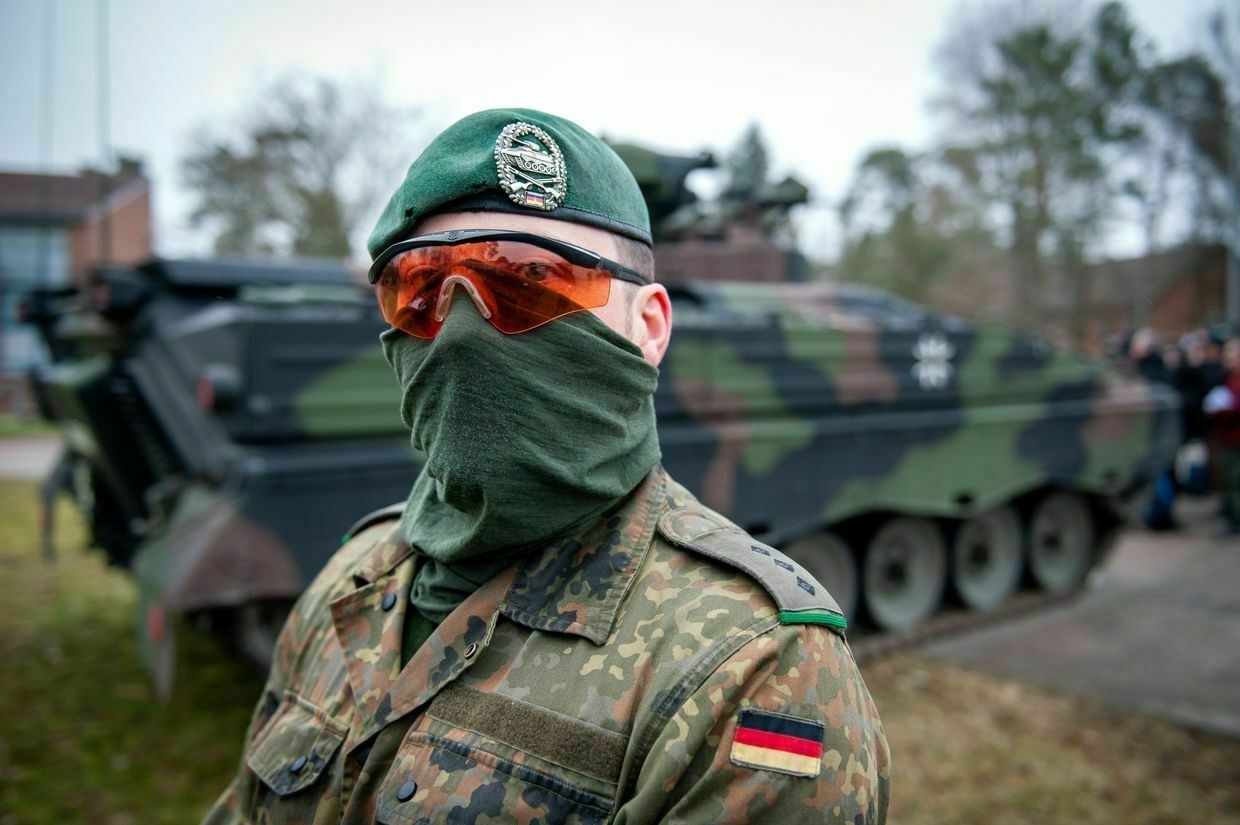
-
Ukraine to compile list of energy sites Russia must stop attacking, Zelensky says
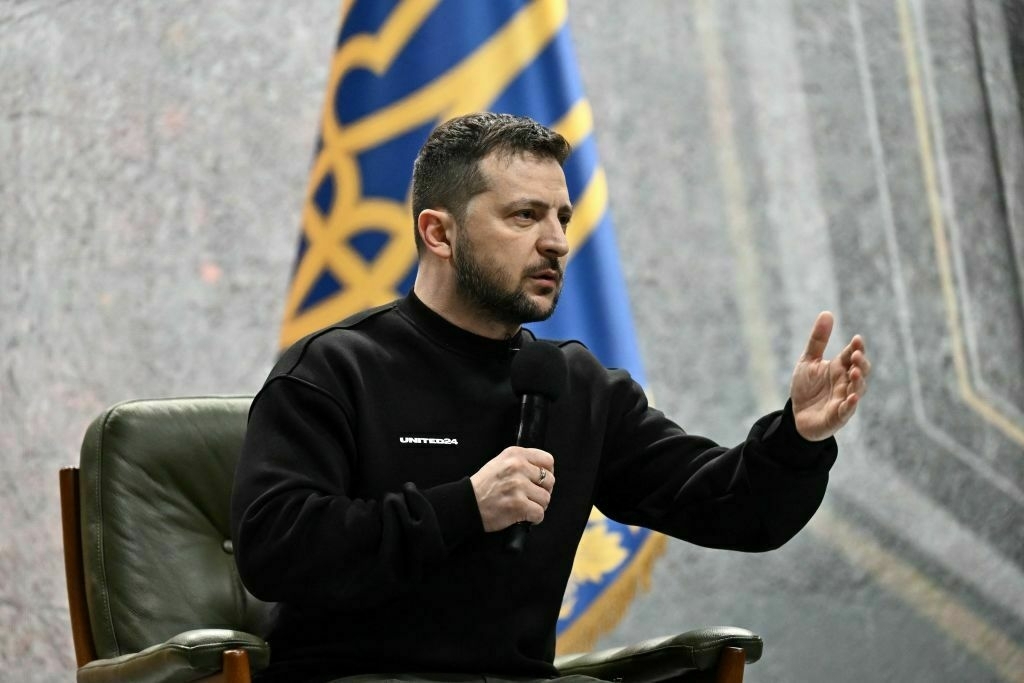
Ukraine will compile a list of energy, infrastructure, and civilian sites that Russia must cease attacking and present the document to international partners, President Volodymyr Zelensky announced on March 19.
“And if the Russians don’t hit our facilities, we won’t hit their facilities,” Zelensky said during a joint press conference with Finnish President Alexander Stubb in Helsinki.
His statement follows Russian President Vladimir Putin’s pledge during a March 18 call with U.S. President Donald Trump to pause strikes on Ukrainian energy infrastructure for 30 days.
Despite this commitment, Zelensky noted that Russia launched a large-scale assault on Ukraine’s infrastructure overnight on March 19. The Ukrainian leader stressed that Ukraine expects the United States to take a leading role in monitoring Russia’s compliance.
“An example is yesterday’s strike after Putin said there would be no strikes on energy and civilian infrastructure. He said he had given the order. And after that, there were 145 attack drones, four S-300 missiles, two Iskander ballistic missiles,” Zelensky said.
Russian forces have systematically targeted Ukraine’s civilian energy infrastructure since 2022, intensifying their aerial campaign in recent months with nightly drone and missile attacks.
Ukrainian authorities reported that the latest strikes hit energy facilities, hospitals, and civilian infrastructure, causing outages in the Donetsk Oblast city of Sloviansk.
Russia’s Defense Ministry accused Ukraine of launching three drones at an energy facility in Krasnodar Krai on March 19, resulting in a fire. Moscow labeled the attack a “provocation” aimed at disrupting Trump’s ongoing peace efforts.
Zelensky is set to speak with Trump later on March 19 and expects to receive details on Trump’s phone conversation with Putin.
Zelensky announces talk with Trump on March 19; says Russia attacked Ukraine’s power grid despite claimed pause“Today, I will contact President Trump. We will discuss the details of the next steps,” President Volodymyr Zelensky said.The Kyiv IndependentTim Zadorozhnyy
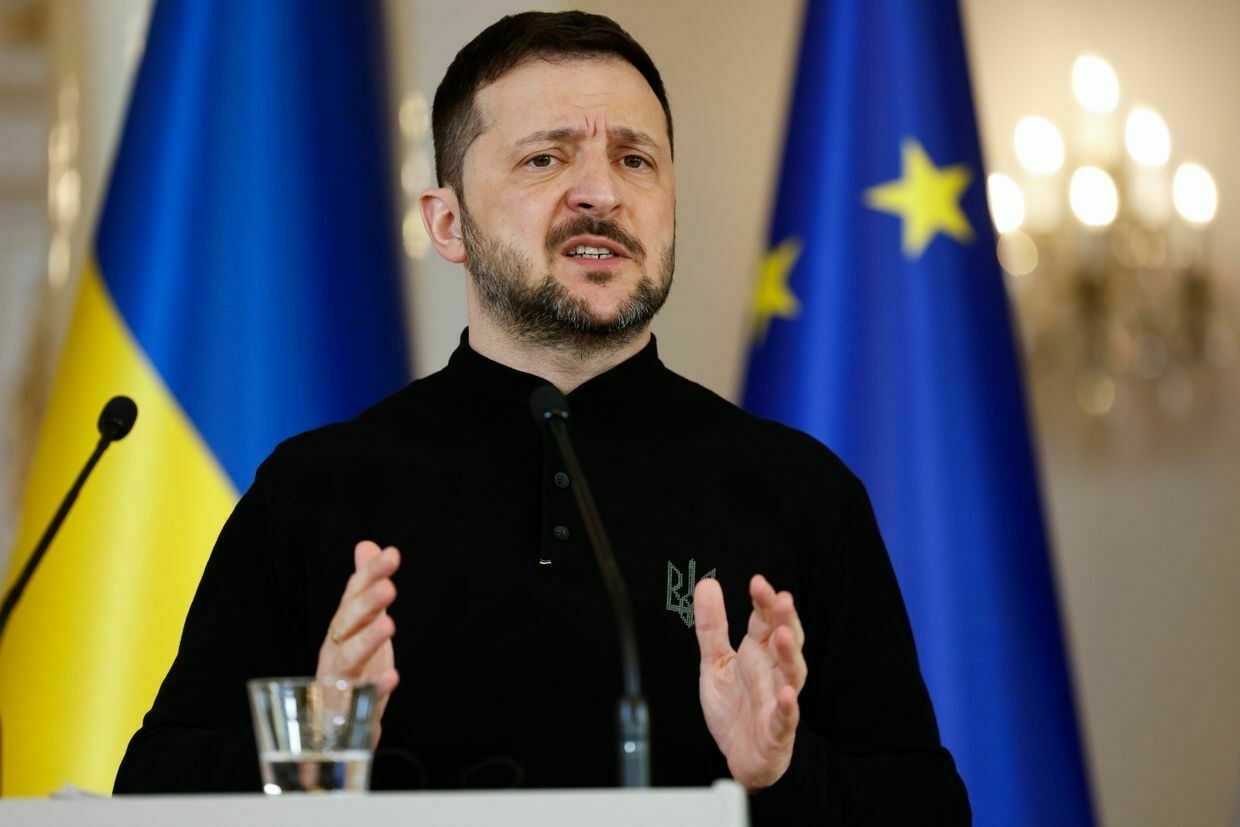
-
RFE/RL sues Trump administration over funding cuts
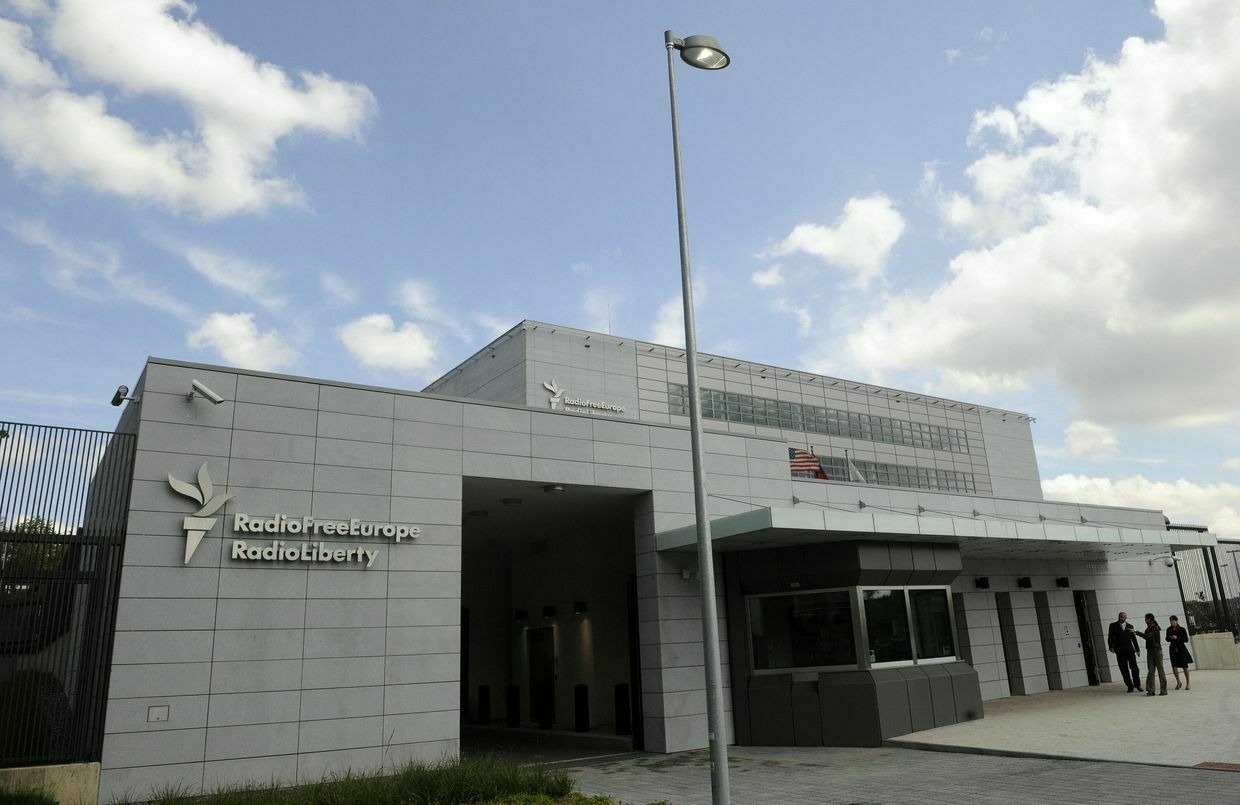
Radio Free Europe/Radio Liberty (RFE/RL) sued the United States Agency for Global Media (USAGM) on March 18 over the termination of grant funding, arguing that the step violates federal laws and the Constitution.
The congressionally authorized grant funding for RFE/RL has been terminated after U.S. President Donald Trump ordered the USAGM, a government agency overseeing RFE/RL, Radio Free Asia, and Voice of America, to be dismantled.
RFE/RL was founded early in the Cold War to counter Soviet propaganda in Eastern Bloc countries. It has since continued providing coverage of Ukraine, Russia, Belarus, and countries in Central Asia, the Balkans, the Caucasus, and elsewhere.
The outlet argues that the Trump administration’s decision violates the Constitution as the funding was approved by Congress.
“This is not the time to cede terrain to the propaganda and censorship of America’s adversaries. We believe the law is on our side and that the celebration of our demise by despots around the world is premature,” said RFE/RL President and CEO Stephen Capus.
Trump’s crackdown against RFE/RL and VoA, which has been celebrated by Russian propagandists, coincides with his outreach to Moscow as he seeks to broker a peace deal in Ukraine.
U.S. courts have previously sought to stall some of the executive’s most radical cuts, which were presented as an effort to slash waste, including the gutting of the U.S. Agency for International Development (USAID).
Trump’s allies have publicly questioned the court’s jurisdiction over the executive branch’s decisions, raising concerns about a looming constitutional crisis.
As the future of U.S. legal battles remains uncertain, European countries launched discussions on stepping in and taking over the outlet’s funding needs.
“Do we see value in such an organization, broadcasting to countries like Russia, Belarus, Iran, and many others? And if we see such value, what are we willing to do to keep such a service in our favor?” Czech Foreign Minister Jan Lipavsky said. RFE/RL’s headquarters is located in Prague.
Martin Dvorak, the Czech European affairs minister, said that the Czech initiative to fund RFE/RL has already received backing from 10 countries.
Zelensky announces talk with Trump on March 19; says Russia attacked Ukraine’s power grid despite claimed pause“Today, I will contact President Trump. We will discuss the details of the next steps,” President Volodymyr Zelensky said.The Kyiv IndependentTim Zadorozhnyy
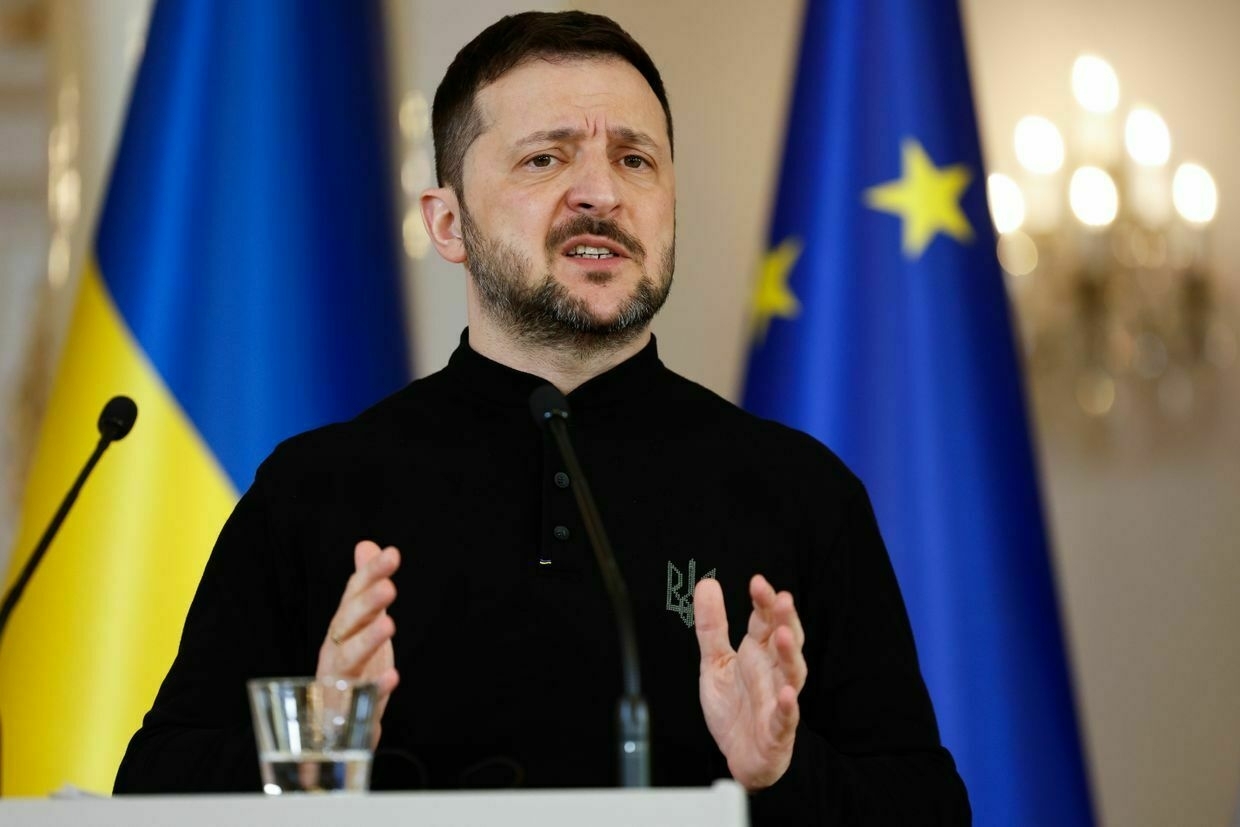
-
Russia claims it downed 7 own drones to uphold energy ceasefire; Kyiv says Moscow launched 145
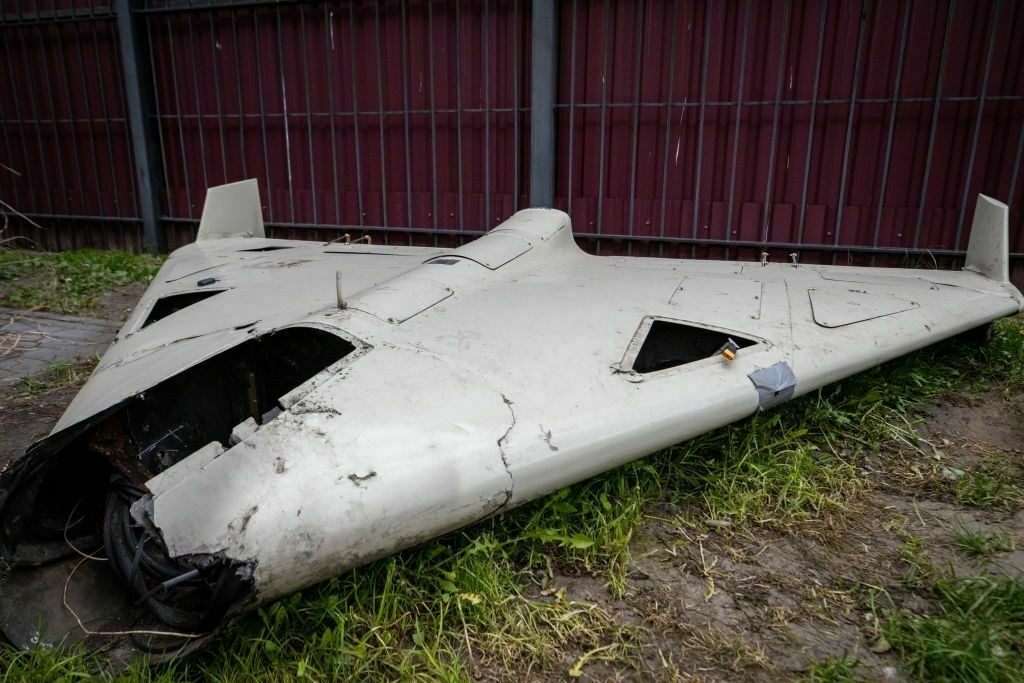
Russia’s Defense Ministry claimed on March 19 that its forces downed seven Russian drones sent to attack Ukrainian energy facilities after Russian President Vladimir Putin ordered a temporary pause on such strikes.
In turn, Ukraine said that Moscow had launched as many as 145 attack and decoy drones, as well as six missiles, against Ukraine, of which 72 were shot down and 56 disappeared from radars.
President Volodymyr Zelensky said that the drones targeted energy facilities, hospitals, and civilian infrastructure. Outages were reported in the Donetsk Oblast city of Sloviansk.
Putin publicly agreed to a 30-day halt on attacks against energy facilities following his phone call with U.S. President Donald Trump on March 18. The Kremlin nevertheless refused Washington’s proposal for a full temporary ceasefire as it insisted on a complete halt of military support flowing to Ukraine.
“Putin’s words are very different from reality,” Zelensky said during a press conference with Finnish President Alexander Stubb, urging continued military support for Ukraine.
According to the Russian Defense Ministry, seven drones were in the air and sent to attack Ukrainian energy facilities in Mykolaiv Oblast. Six were allegedly downed by a Pantsir air defense system and one by a Russian fighter jet.
The ministry also accused Ukraine of launching three drones against a Russian energy facility in Krasnodar Krai, resulting in a fire. Moscow called the attack a “provocation” aimed at disrupting Trump’s peace efforts.
The Ukrainian military has not commented on the reported attack in Krasnodar Krai.
The Kyiv Independent could not verify the claims.
Zelensky announces talk with Trump on March 19“Today, I will contact President Trump. We will discuss the details of the next steps,” President Volodymyr Zelensky said.The Kyiv IndependentTim Zadorozhnyy
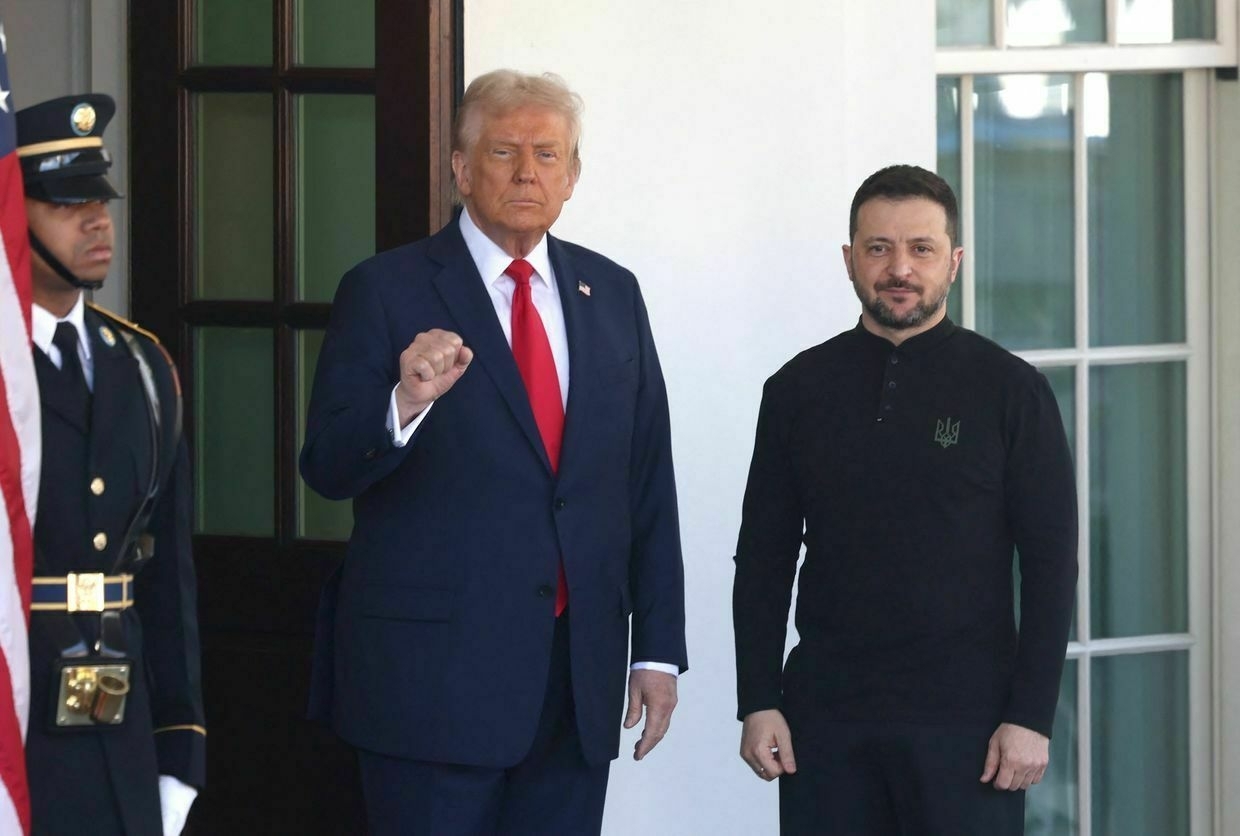
-
US reportedly assures EU about role in Ukraine peace talks as Russia seeks sanctions relief
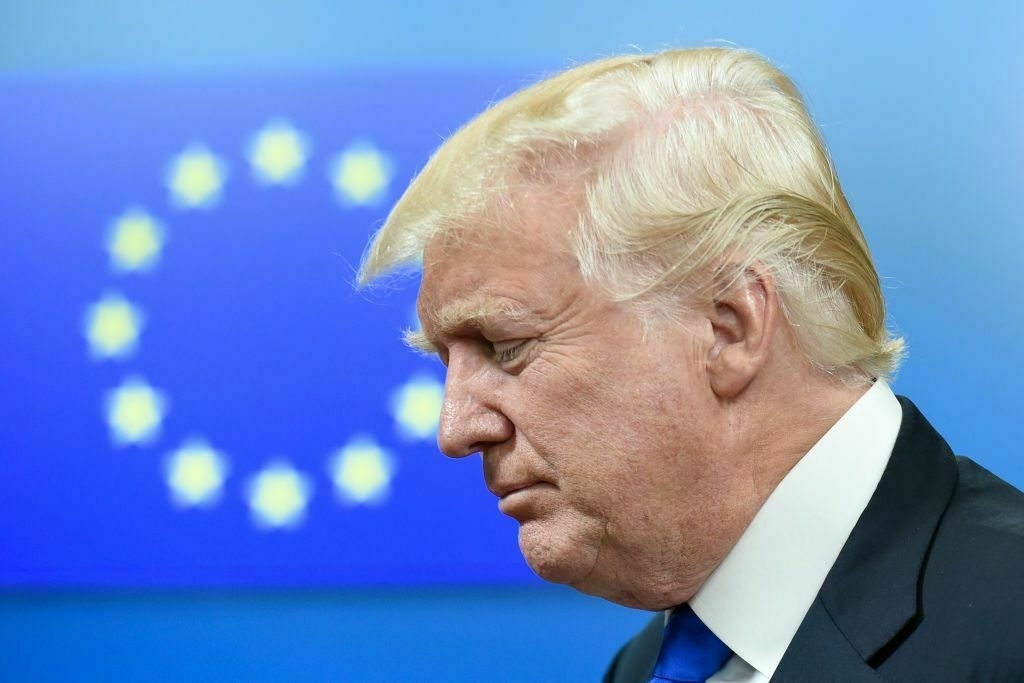
The U.S. has signaled that European partners will be included in peace talks on the war in Ukraine, as Russia pushes for the lifting of EU-imposed sanctions, Bloomberg reported on March 18, citing unnamed sources.
The move may reassure European leaders, who have expressed concerns that the U.S. would attempt to broker a deal without their involvement. So far, U.S. President Donald Trump has largely excluded Europe from his direct conversations with Ukraine and Russia.
The EU’s sanctions framework includes economic measures and restrictions on over 2,400 individuals and entities linked to Russia. Moscow has sought to have these penalties lifted as part of a negotiation process.
According to Bloomberg, Washington has made it clear to European partners that its immediate priority is to halt hostilities in Ukraine. Only after a ceasefire is secured would discussions on security guarantees take place.
U.S. Secretary of State Marco Rubio claimed on March 10 that the U.S. has discussed easing the sanctions on Russia with the EU.
Trump previously said on March 7 that he is considering imposing additional banking sanctions and tariffs on Russia until a ceasefire and peace agreement are reached.
Since launching its full-scale invasion of Ukraine in 2022, Moscow has faced sweeping economic sanctions from both the U.S. and the EU, targeting key industries, financial institutions, and individuals close to the Kremlin.
US scales down efforts in countering Russian sabotage, Reuters reportsUnder former U.S. President Joe Biden, the National Security Council coordinated the effort of at least seven security agencies, who worked with European partners to disrupt Russia’s escalating hybrid activities across the European continent.The Kyiv IndependentMartin Fornusek
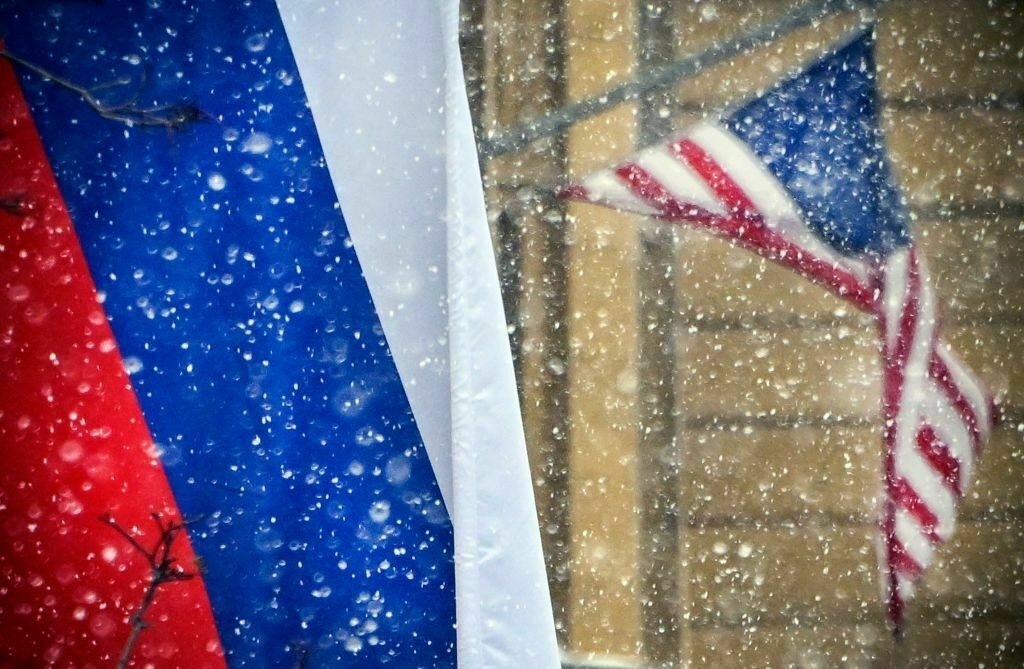
-
Zelensky announces talk with Trump on March 19
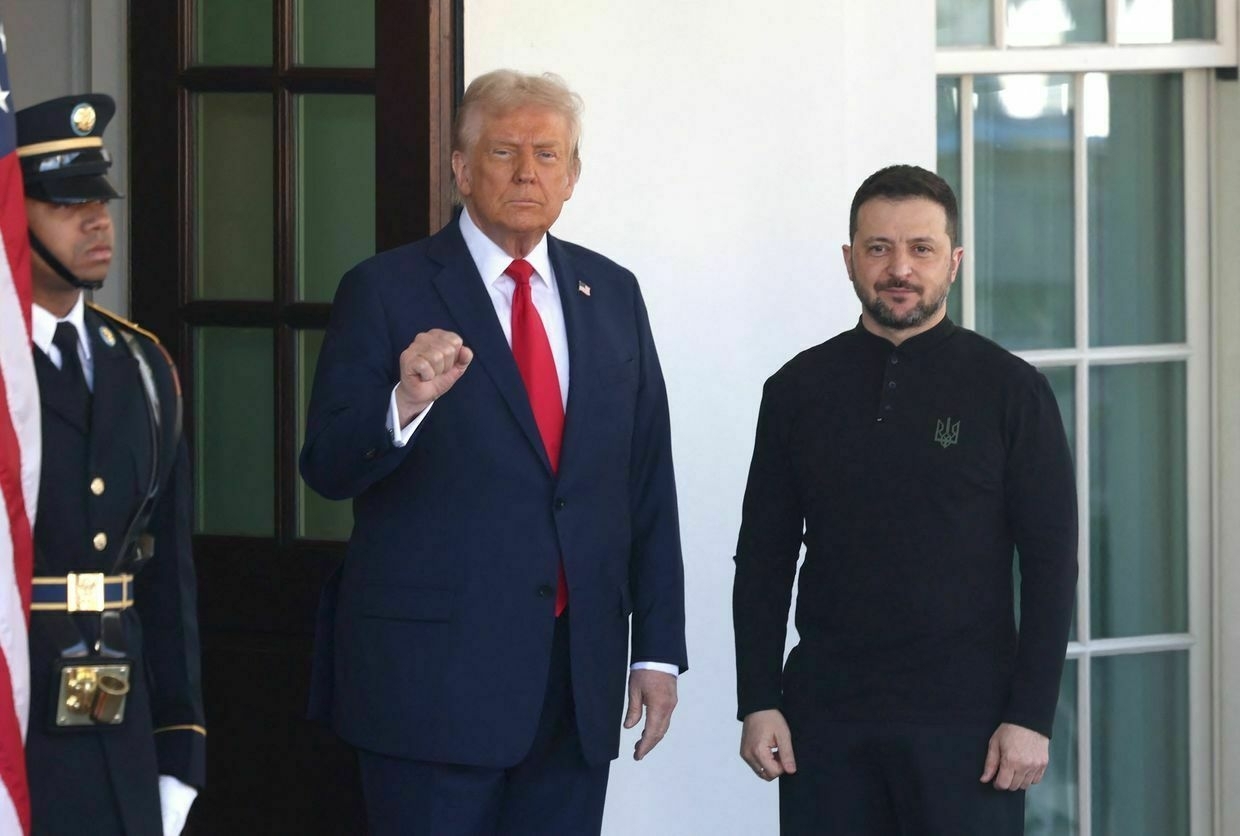
Editor’s note: This is a developing story and is being updated.
President Volodymyr Zelensky will speak with U.S. President Donald Trump on March 19, Zelensky said during a joint press conference with Finnish President Alexander Stubb.
“Today, I will contact President Trump. We will discuss the details of the next steps. We had a really good meeting between our teams in Jeddah. I believe everything was going in the right direction, if not for Russia, which is always unhappy when something goes right,” Zelensky said.
US scales down efforts in countering Russian sabotage, Reuters reportsUnder former U.S. President Joe Biden, the National Security Council coordinated the effort of at least seven security agencies, who worked with European partners to disrupt Russia’s escalating hybrid activities across the European continent.The Kyiv IndependentMartin Fornusek
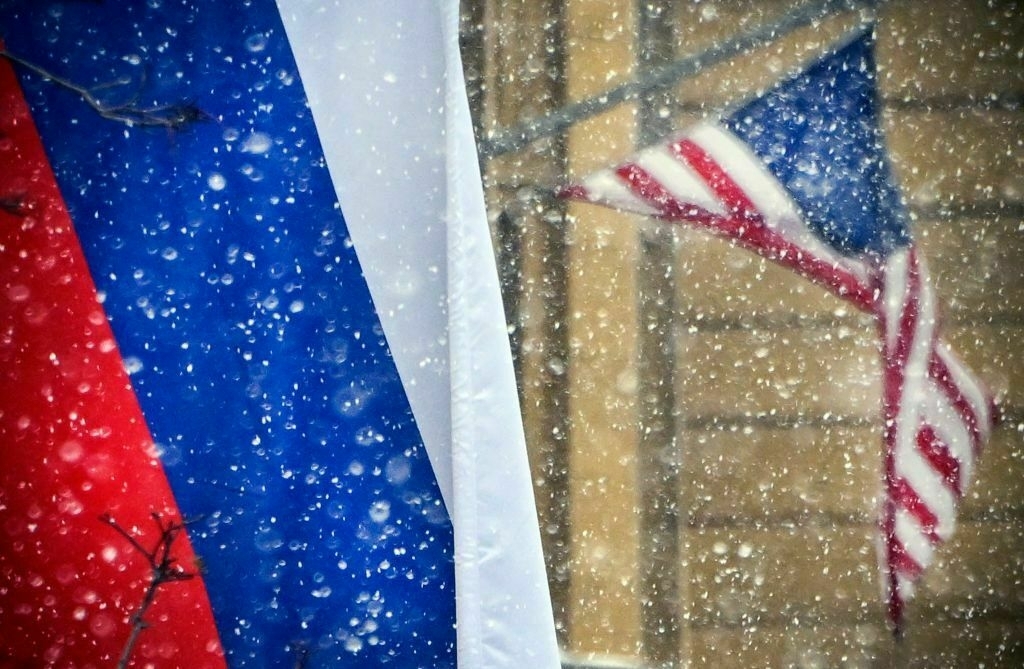
-
US scales down efforts in countering Russian sabotage, Reuters reports
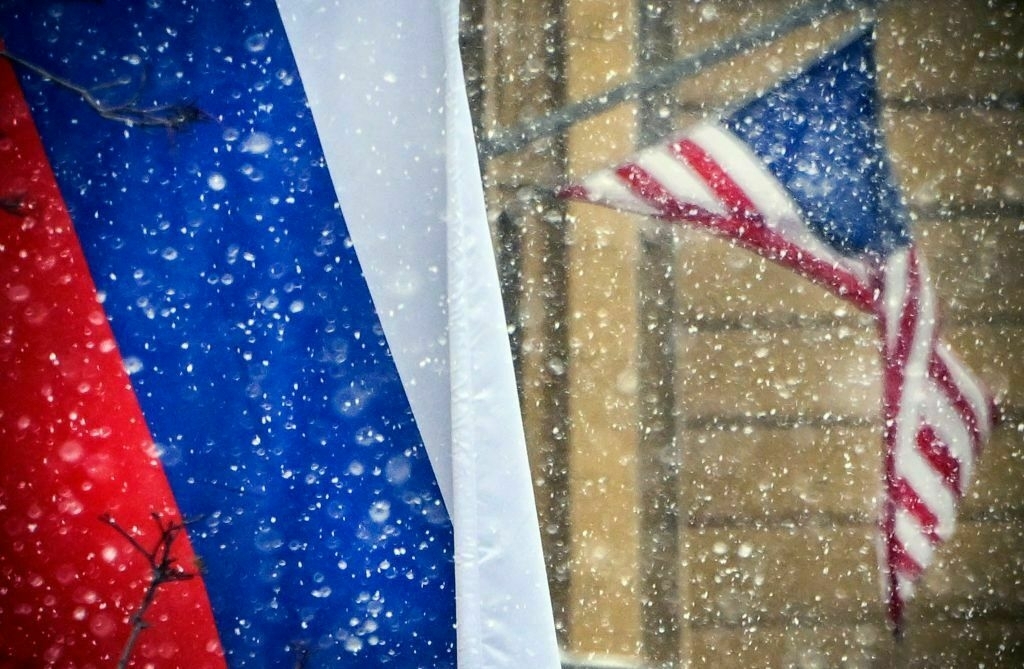
Some U.S. national security agencies have suspended cooperation with international partners in countering Russian sabotage and cyber operations, Reuters reported on March 19, citing undisclosed official sources.
The news comes amid the Trump administration’s efforts to restore ties with Russia while seeking to broker a swift peace deal in Ukraine.
Under former U.S. President Joe Biden, the National Security Council coordinated the effort of at least seven security agencies, who worked with European partners to disrupt Russia’s escalating hybrid activities across the European continent.
U.S. President Donald Trump’s team was briefed by the Biden administration on Russian disruptive activities during a transition period, according to Reuters.
Since Trump took office on Jan. 20, the National Security Council has ceased coordinating these efforts while expected meetings with European partners did not happen, Reuters wrote. The news agency noted that it remains unclear whether this was a direct decision by the Trump administration or individual initiative of the relevant agencies.
The news follows earlier reporting claiming that U.S. Defense Secretary Pete Hegseth ordered a halt to all cyber operations against Russia. The Pentagon later denied the claim.
The U.S. has also reportedly cut support for a group tracking Ukrainian children abducted by Russia, moved to withdraw from a body investigating the Russian leadership for crimes in Ukraine, and froze USAID funding crucial for various humanitarian, economic, and social projects in the country.
Washington has also temporarily paused military and intelligence support for Ukraine earlier this month to push it to the negotiating table. The U.S. has threatened additional sanctions against Russia unless it agrees to a ceasefire but has yet to take the step, putting considerably greater pressure on Ukraine.
Trump’s outreach to Moscow has caused concerns in Europe and Kyiv that Washington might cut a peace deal unfavorable to the U.S.’s allies.
On March 18, Trump held a phone call with Russian President Vladimir Putin to discuss a pause on strikes against both Ukrainian and Russian energy facilities, as well as the prospects of U.S.-Russian economic cooperation.
Kremlin demands halt to foreign military aid, intelligence to Ukraine as condition for avoiding war escalationThe Kremlin has demanded a complete cessation of foreign military aid and intelligence to Ukraine as a “key condition for avoiding an escalation of the war,” according to a statement released on March 18.The Kyiv IndependentKateryna Hodunova
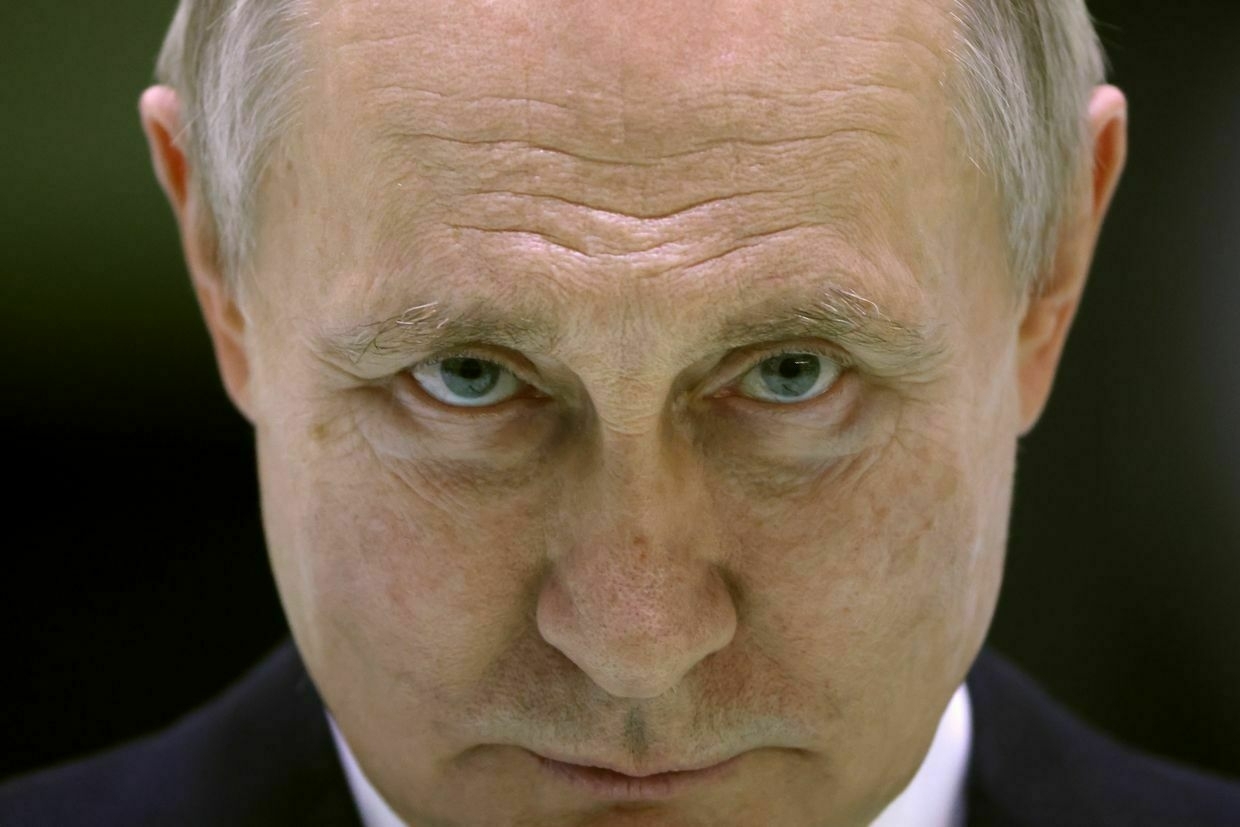
-
46% of Americans think US support for Ukraine is insufficient, poll finds
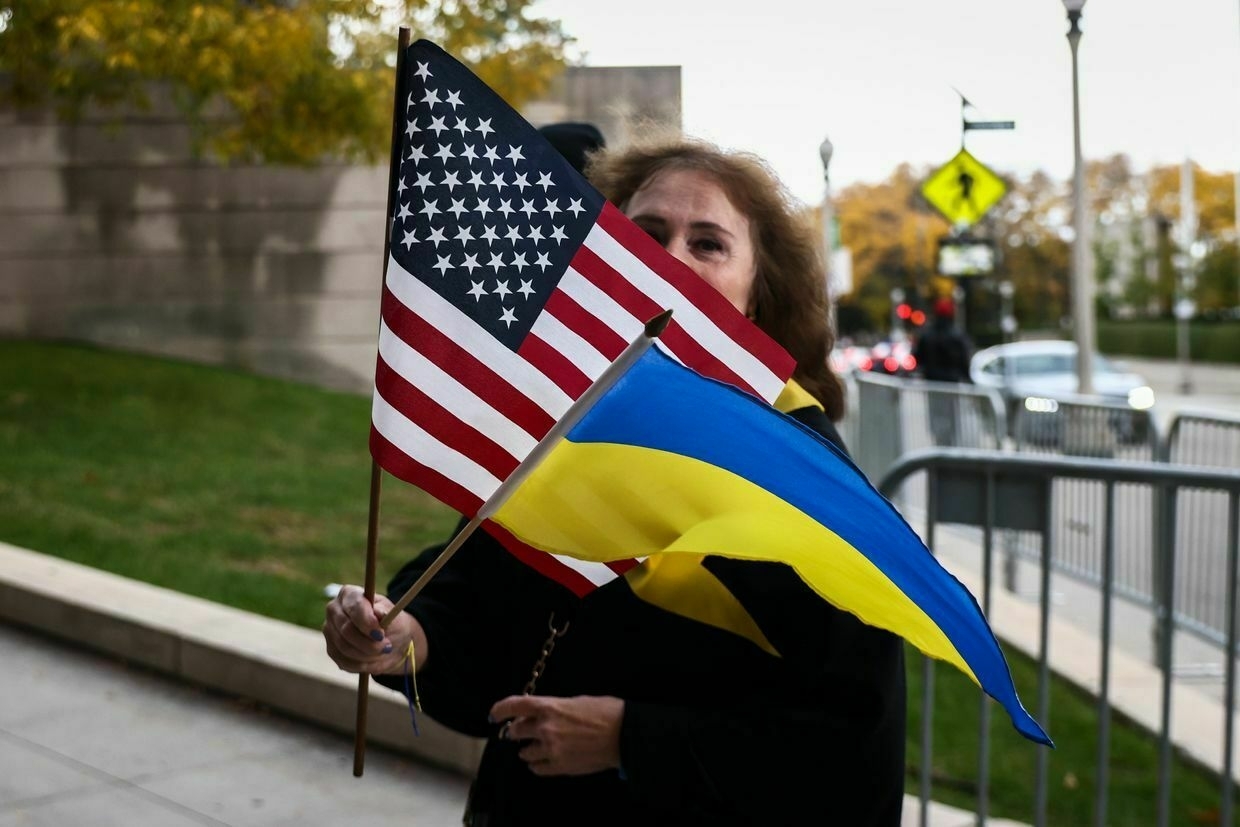
Nearly half of Americans believe the U.S. is not doing enough to support Ukraine, while two-thirds would favor increased military aid if Russia violates a potential ceasefire, according to a Gallup poll published on March 18.
The survey comes as the Trump administration has yet to approve any new aid packages for Kyiv as it seeks to restore ties with Moscow. The weapons currently flowing to Ukraine were authorized under the former Biden administration.
According to the poll, 46% of Americans believe Washington is not providing sufficient assistance to Ukraine — 16% more than in December. Meanwhile, the number of those who think U.S. support is excessive (30%) or sufficient (23%) has decreased.
Among Democrats, 79% believe the U.S. should be doing more, compared to 46% of independents and just 12% of Republicans.
Analysts attribute this shift to U.S. President Donald Trump’s approach to the war. The poll was conducted from March 3 to 11, following the failed White House talks between Trump and President Volodymyr Zelensky and Washington’s announcement of a pause in military aid.
Trump administration cuts funding for initiative tracking Russian abductions of Ukrainian children, WP reportsResearchers reportedly lost access to the database last month after U.S. officials terminated the contract, cutting off critical evidence from investigators pursuing war crimes cases.The Kyiv IndependentOlena Goncharova
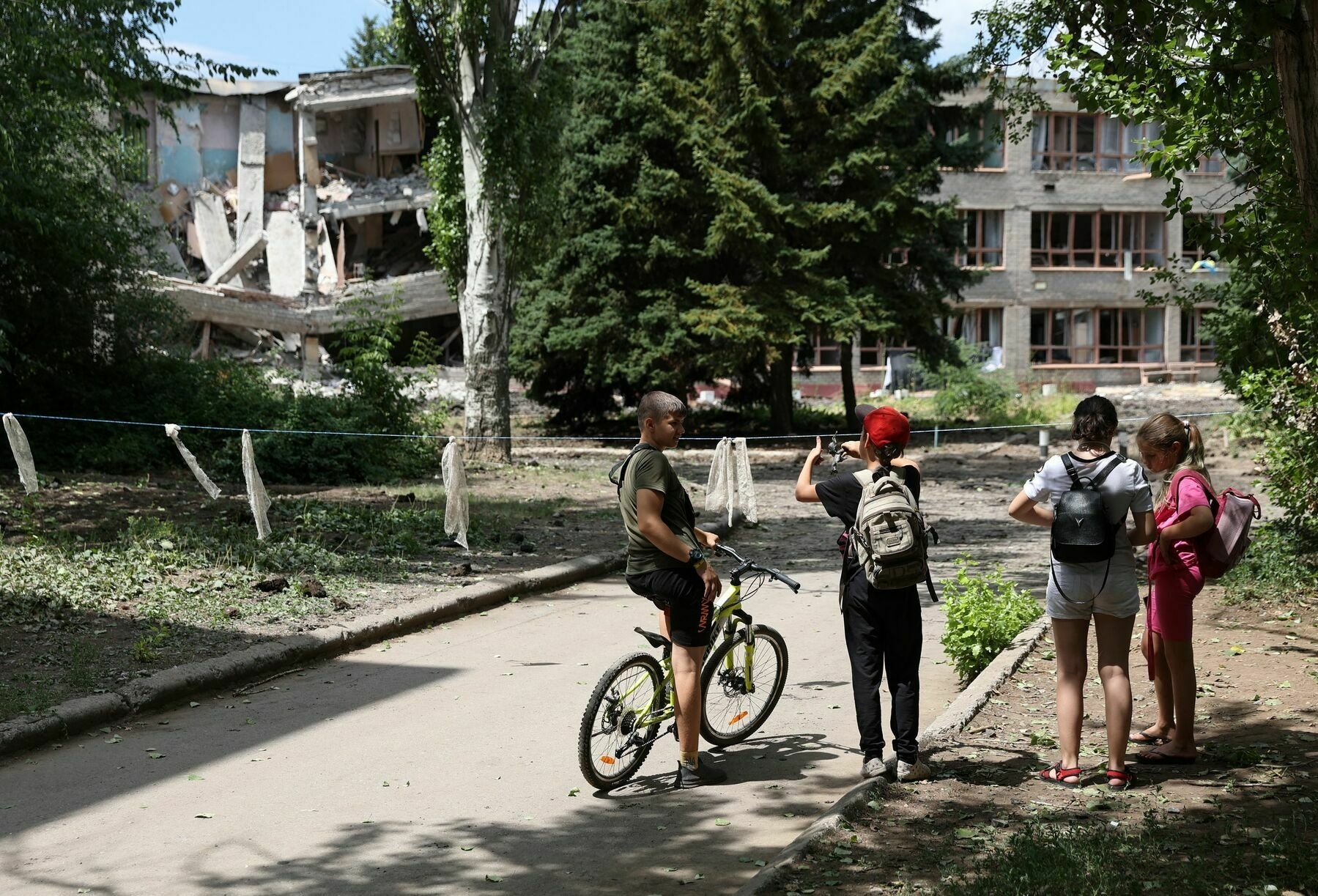
The highest recorded dissatisfaction with U.S. support for Ukraine was 38% in August 2022. Now, 53% of Americans say the U.S. should back Ukraine until all its territories are restored, even if it takes time. This position is held by 82% of Democrats, 54% of independents, and 22% of Republicans.
Regarding the proposed ceasefire, 79% of respondents fear Russia will violate the agreement, and 70% believe any deal could favor Moscow.
If Russia breaks the truce, 64% of Americans would support an increase in military aid to Ukraine, 42% would back airstrikes on Russian military facilities in Ukraine, and 30% would favor deploying U.S. troops.
Trump said during a meeting with Zelensky in Washington on Feb. 28 that security guarantees for Ukraine would be Europe’s responsibility.
Rising support for Ukraine among the American public could pressure the Trump administration to shift its policy, mainly if Russia violates a possible ceasefire, analysts said.
Meanwhile, a Reuters/Ipsos poll published on March 13 found that 56% of Americans believe Trump is “too closely aligned” with Russia amid his administration’s evolving foreign policy.
2 Sumy Oblast hospitals hit by drones hours after Putin agrees to halt energy grid attacksA hospital in Ukraine’s northeastern city of Sumy and another in the town of Krasnopillia were hit by drones during a series of attacks on Ukraine, prompting President Volodymyr Zelensky to accuse Vladimir Putin of de facto rejecting a ceasefire.The Kyiv IndependentOlena Goncharova
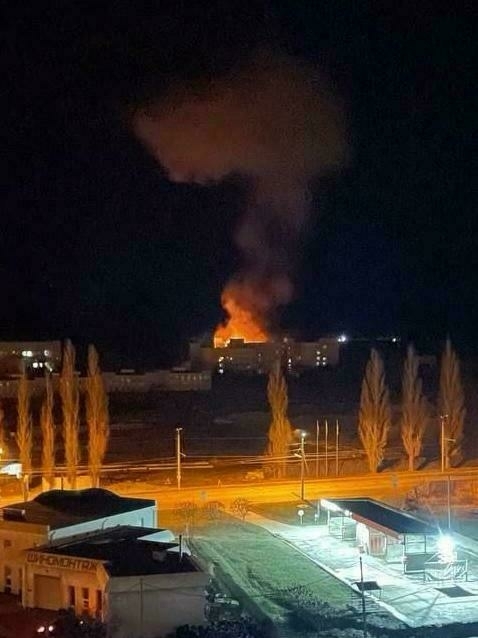
-
Poroshenko attacks Zelensky over sanctions; says Ukraine must stay on defensive
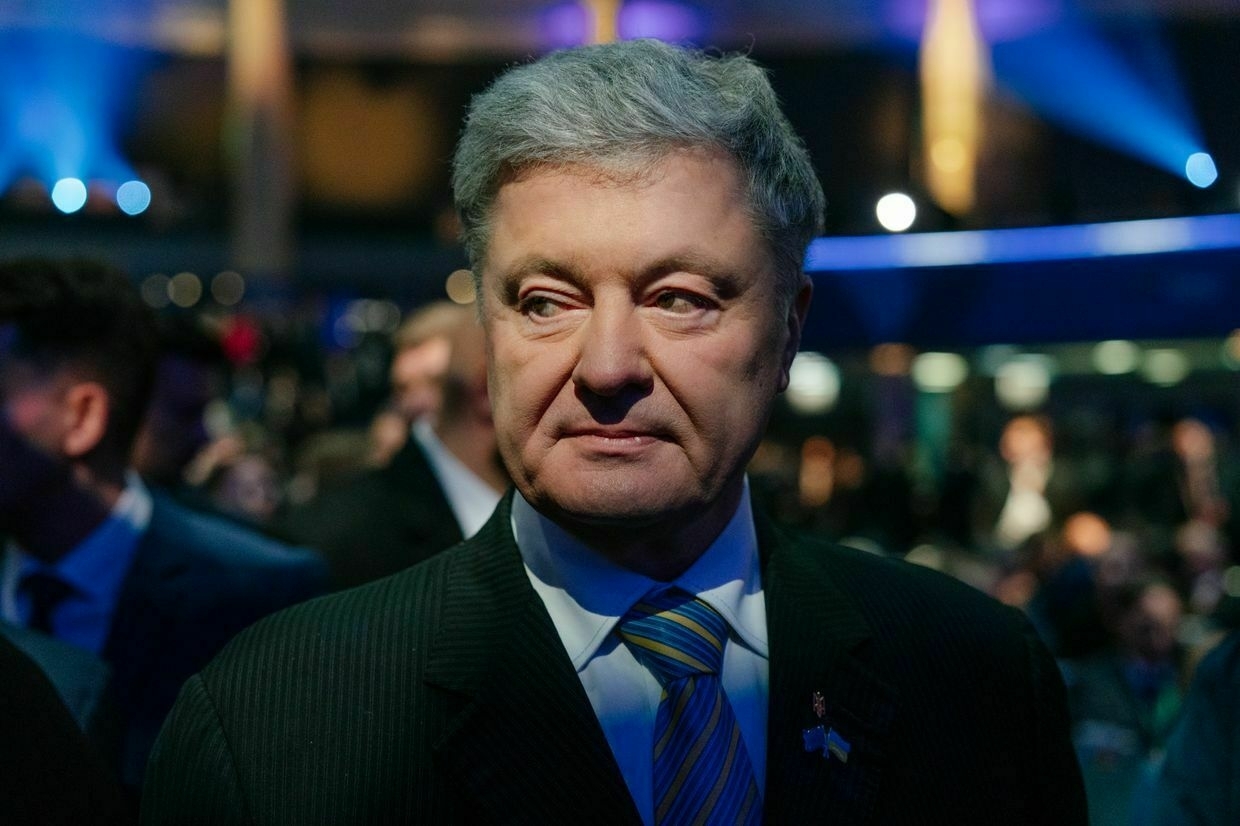
Former President Petro Poroshenko called sanctions imposed against him by the Ukrainian government an “attack on freedom and democracy” in an interview with the German tabloid Bild published on March 18.
Poroshenko, head of the opposition European Solidarity party and Ukraine’s president between 2014 and 2019, was among several politicians and oligarchs sanctioned by Kyiv in February. The media speculated that the sanctions against Poroshenko were connected to his high treason case.
The ex-president’s assets have been frozen, and he says he is not allowed to leave the country.
“What is happening here is unconstitutional, it is illegal, there is no court decision,” Poroshenko claimed in the interview.
When asked about U.S. President Donald Trump’s accusations toward President Volodymyr Zelensky, Poroshenko responded, “If you ask me about a dictatorship, the answer is clear – the dictator is (Russian President Vladimir) Putin."
At the same time, Poroshenko accused Zelensky’s team of “moving the country toward dictatorship” while denouncing the sanctions imposed against him.
Trump has falsely accused Zelensky of being a “dictator without elections” on account of not holding a presidential vote during wartime. Ukraine’s Constitution prohibits elections under martial law, which was instituted at the outbreak of Russia’s full-scale war in 2022.
What’s at stake for Poroshenko, ex-president sanctioned by Zelensky?In an unprecedented move, President Volodymyr Zelensky imposed sanctions on his predecessor and key political rival, lawmaker Petro Poroshenko. Poroshenko, who was elected president in 2014, lost his reelection bid in 2019 to Zelensky in a bitter campaign that often included personal attacks. The…The Kyiv IndependentKateryna Denisova
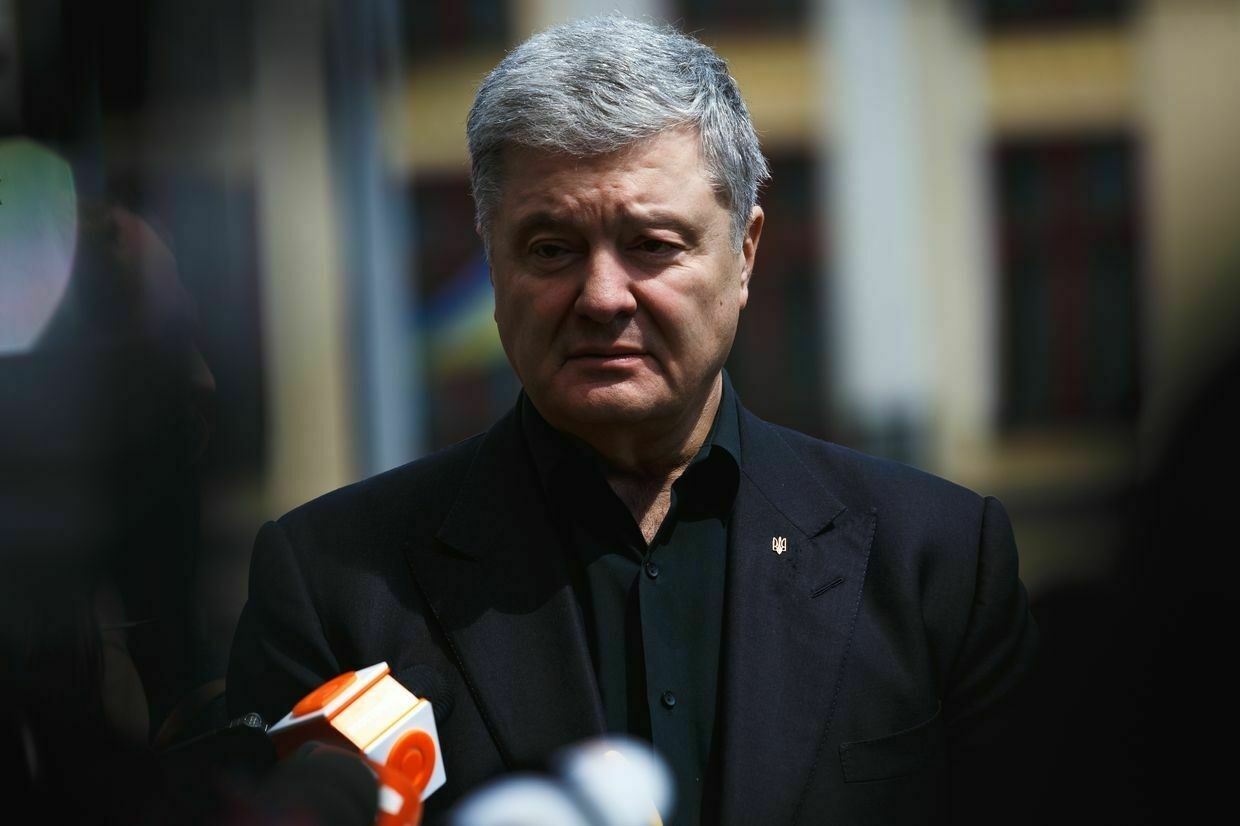
Trump’s public attack on Zelensky was followed by rumors that the U.S. president’s team has been secretly in contact with Ukrainian opposition figures, including senior members of Poroshenko’s party.
Poroshenko acknowledged only “public and transparent” contacts with U.S. partners and rejected the possibility of holding elections during martial law.
The businessman and owner of the confectionery manufacturing group Roshen was defeated by Zelensky by a landslide in the 2019 elections. Since then, the two have remained bitter political rivals, often resorting to verbal attacks.
One of the recent opinion polls showed Poroshenko’s support at 10%, below ex-Commander-in-Chief Valerii Zaluzhnyi (21%) and Zelensky (44%.)
Poroshenko was charged in 2021 with high treason and aiding terrorist organizations for allegedly conspiring with Russian-backed separatists between November 2014 and January 2015. The scheme reportedly generated over Hr 3 billion ($72 million) in profits from coal supplies.
If found guilty, Poroshenko could face 10 to 15 years in prison.
Speaking about the battlefield situation, Poroshenko said that Ukraine “must immediately stop losing people and immediately stop losing territory."
“Defending the territory is the top priority. Use fortifications, minefields, and the most modern anti-aircraft defenses against guided bombs,” the ex-president added, saying that Ukraine should “forget the word ‘offensive operation.'"
Ukraine has been resisting Russian onslaught across a more than 1,000-kilometer-long front for more than three years. Earlier this month, Ukraine lost significant positions in the Russian border region of Kursk, which it attacked last August.
Kremlin demands halt to foreign military aid, intelligence to Ukraine as condition for avoiding war escalationThe Kremlin has demanded a complete cessation of foreign military aid and intelligence to Ukraine as a “key condition for avoiding an escalation of the war,” according to a statement released on March 18.The Kyiv IndependentKateryna Hodunova
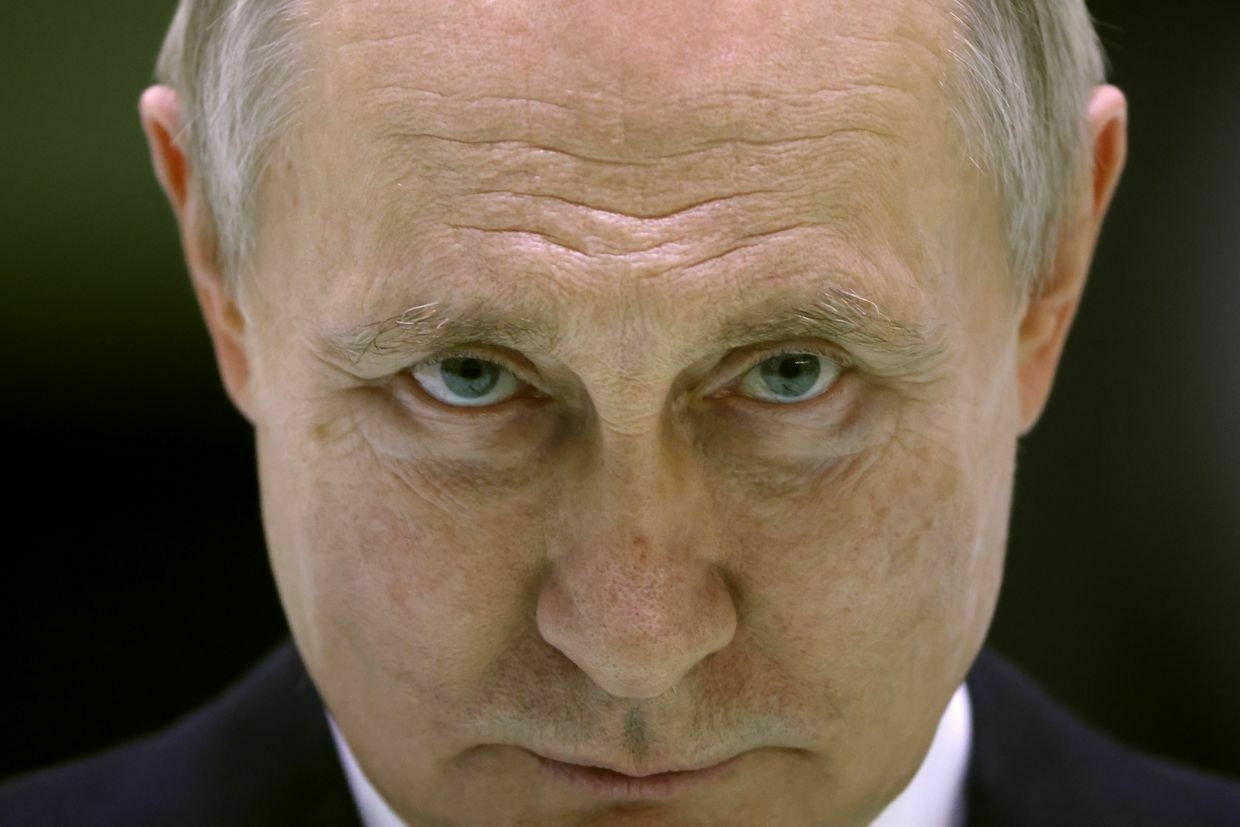
-
US may relinquish leadership of NATO's European command, NBC reports
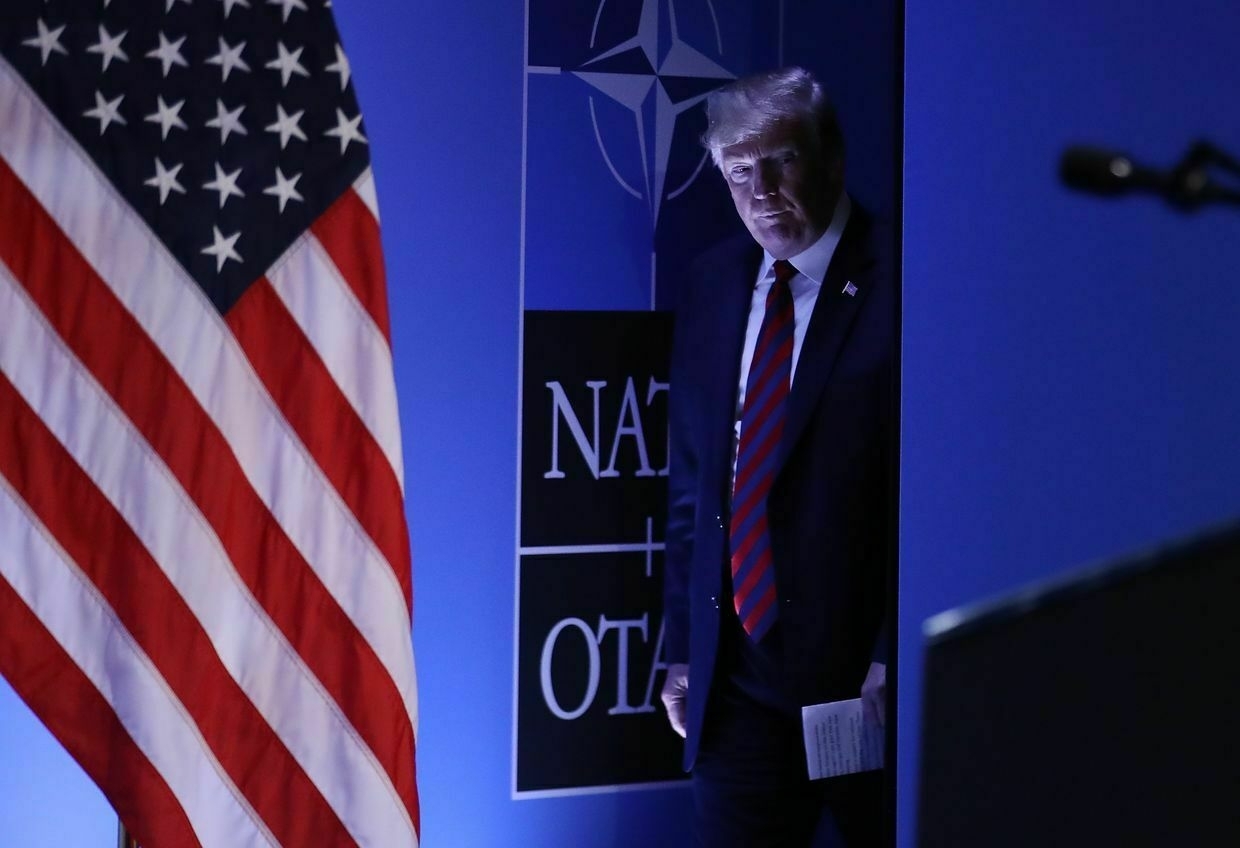
The Trump administration is considering scrapping the longstanding role of the U.S. in leading NATO’s military operations in Europe, NBC News reported on March 18, citing unnamed defense officials.
For nearly 75 years, a four-star U.S. general has held the position of Supreme Allied Commander Europe (SACEUR), overseeing NATO’s military strategy and operations.
According to two defense officials familiar with internal discussions and a Pentagon briefing reviewed by NBC News, the administration is evaluating whether to relinquish this post as part of a broader effort to reduce U.S. commitments in Europe.
Retired Admiral James Stavridis, who served as SACEUR from 2009 to 2013, warned that such a move would dramatically weaken U.S. influence within the alliance.
“We would lose an enormous amount of influence within NATO, and this would be seen, correctly, as probably the first step toward leaving the alliance altogether,” Stavridis said.
The potential shift follows repeated calls by U.S. President Donald Trump and Defense Secretary Pete Hegseth for NATO allies to assume greater responsibility for Europe’s defense.
If Washington abandons the SACEUR role, NATO members would have to determine which European country would nominate a new supreme commander.
The Pentagon has not commented on the matter.
Trump has long demanded that NATO allies increase their military spending. He previously called for the alliance to raise its benchmark from 2% to 5% of the GDP.
Italy, Canada, and Spain remain below the current 2% target. Some NATO members are reportedly considering raising the spending target to 3% by 2030.
In 2023, Trump suggested that Russia should be allowed to “do whatever the hell they want” to alliance members failing to meet their defense obligations, a statement widely interpreted as undermining NATO’s unity.
Trump administration cuts funding for initiative tracking Russian abductions of Ukrainian children, WP reportsResearchers reportedly lost access to the database last month after U.S. officials terminated the contract, cutting off critical evidence from investigators pursuing war crimes cases.The Kyiv IndependentOlena Goncharova
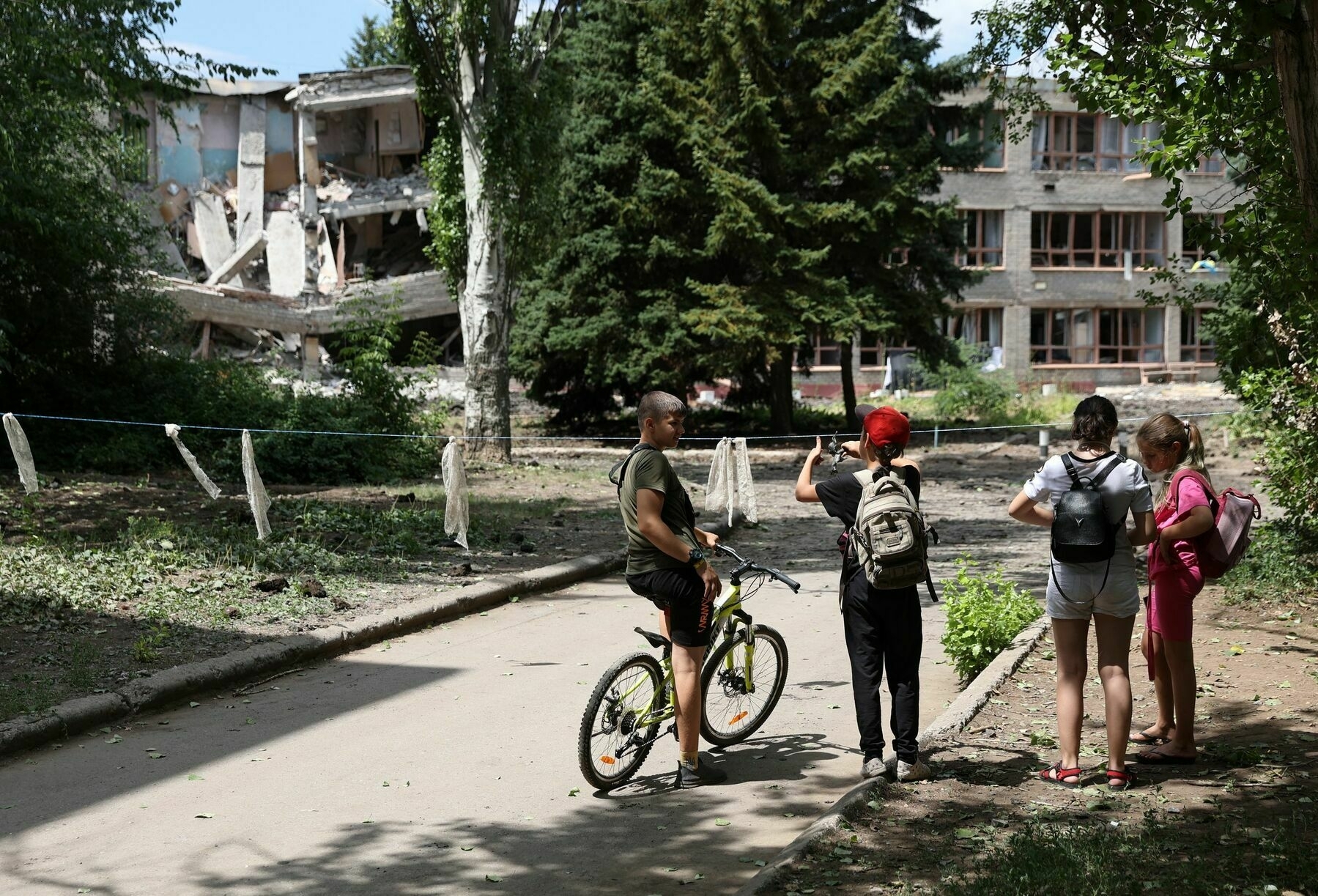
-
2 killed, 18 injured in Russian attacks against Ukraine over past day
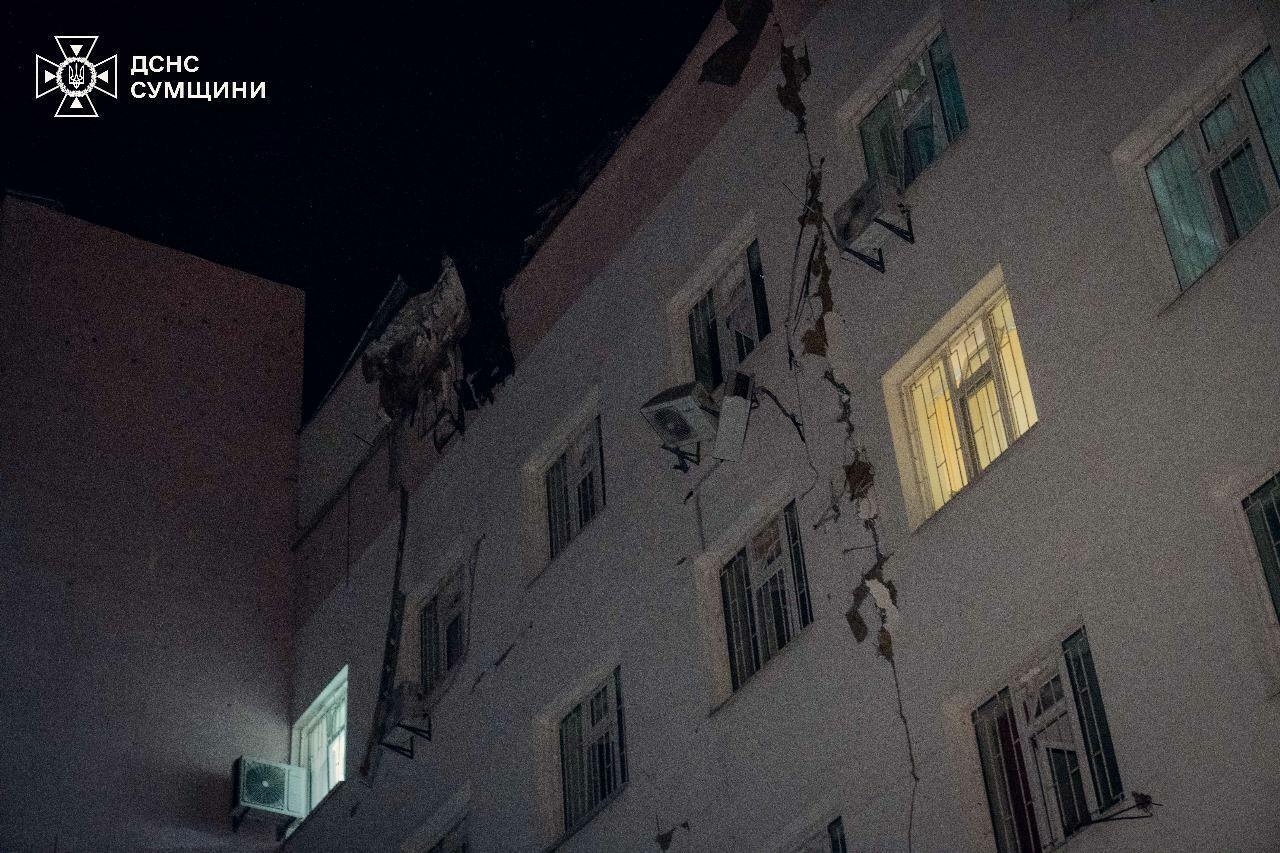
Russian attacks across Ukraine killed at least two civilians and injured at least 18 over the past day, regional authorities reported on March 19.
Russia launched two Iskander-M ballistic missiles, four S-300 anti-aircraft missiles, and 145 attack and decoy drones against Ukraine overnight, the Air Force reported. Ukrainian air defenses shot down 72 drones over 12 oblasts, while 56 decoy drones disappeared from radars without causing damage, according to the statement.
The Air Force did not comment on the consequences of the missile strikes.
Russian attacks against Donetsk Oblast injured three people in Sloviansk late on March 18, Governor Vadym Filashkin reported. Part of the city was reportedly left without electricity, even as Russian President Vladimir Putin agreed with U.S. President Donald Trump to temporarily halt energy strikes against Ukraine a few hours earlier.
In Kharkiv Oblast, a 45-year-old woman was killed and four people were injured when a Russian first-person-view (FPV) drone hit a service car of a utility company on the Kupiansk-Kindrashivka highway, Governor Oleh Syniehubov reported.
Houses, a warehouse, tractors, and cars were damaged elsewhere in the region.
Seven people were injured in Russian attacks against Kherson Oblast, Governor Oleksandr Prokudin reported. Four apartment buildings and 29 houses were damaged.
A 60-year-old man was injured during strikes in the Bucha district of Kyiv Oblast, according to the regional military administration. Nine houses were damaged or partially destroyed in three different settlements of the district.
A hospital in Ukraine’s northeastern city of Sumy and another in the town of Krasnopillia in Sumy Oblast were hit by drones, authorities said. Patients have been evacuated, and no injuries were reported. The blast in Sumy also damaged the premises of a children’s medical facility, according to the State Emergency Service.
Separately, a Russian attack on the village of Uhroidy in the Krasnopillia community killed one person, injured three, and damaged a two-story house, the regional military administration reported.
On the morning of March 19, Russian drones struck the railway power grid in Dnipropetrovsk Oblast, causing partial outages but not disrupting train schedules, Ukrainian Railways (Ukrzaliznytsia) announced.
Kyiv supports energy sector ceasefire, expects military aid to continue, Zelensky says“We will support such a proposal, but we’re very interested in the details,” Zelensky said, in reference to a proposed 30-day ceasefire on energy infrastructure attacks.The Kyiv IndependentAbbey Fenbert
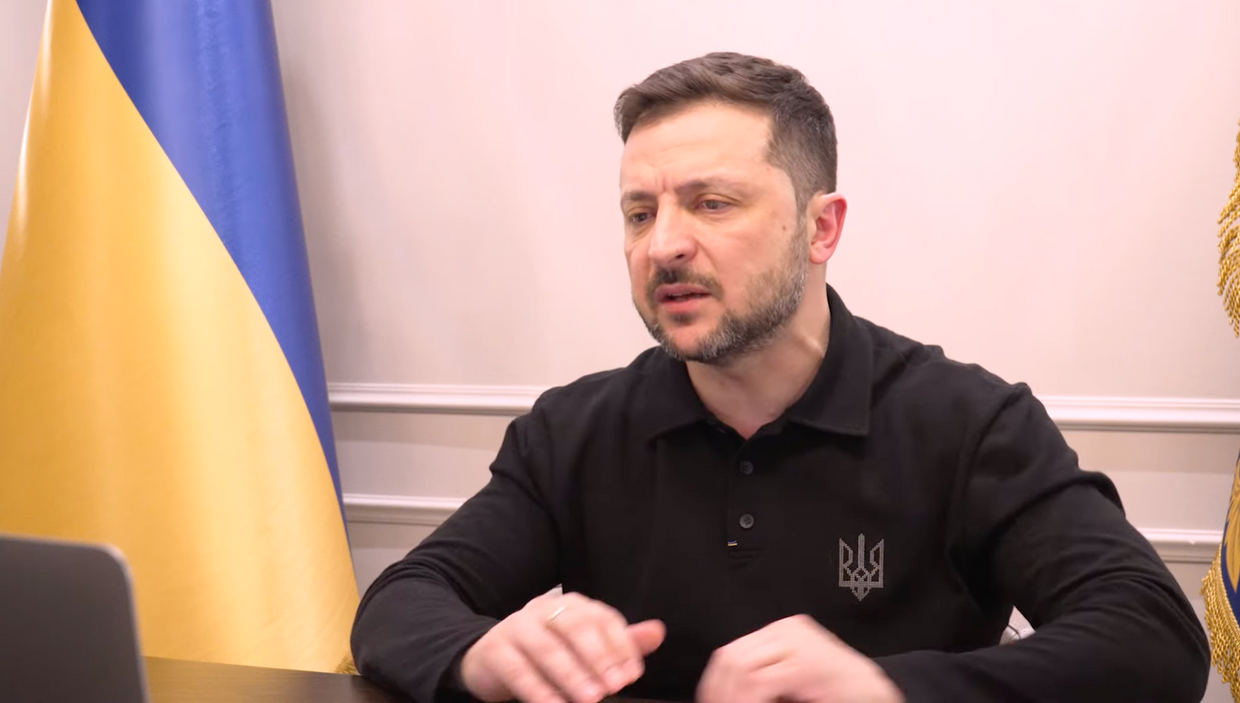
-
Trump administration cuts funding for initiative tracking Russian abductions of Ukrainian children, WP reports
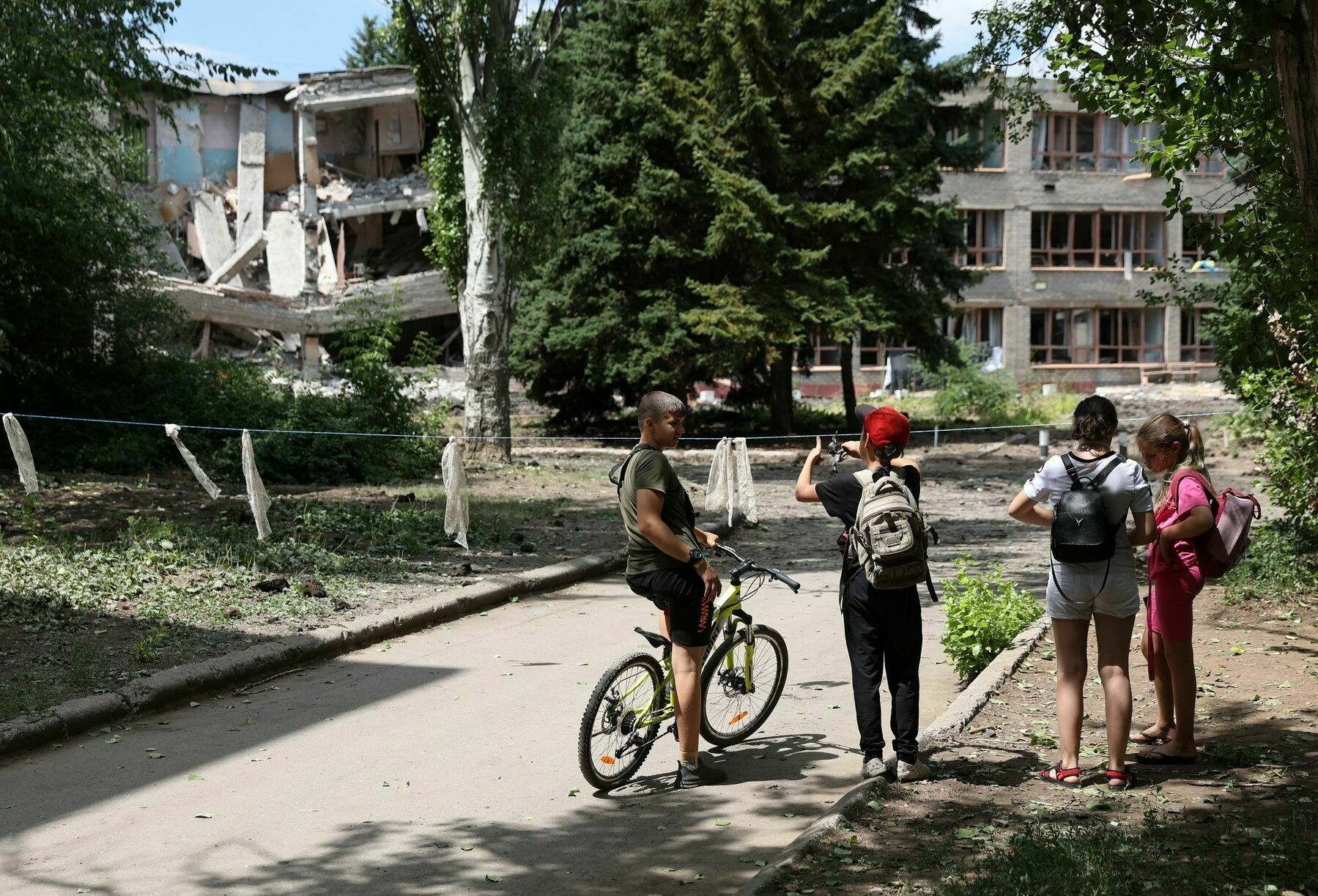
The Trump administration has ended U.S. government funding for an initiative that tracked Russian war crimes, including the forced deportation of Ukrainian children, the Washington Post (WP) reported on March 18.
The program, led by Yale University’s Humanitarian Research Lab under the State Department’s Conflict Observatory, collected biometric data and satellite imagery to document Russia’s abduction of Ukrainian children. Researchers lost access to the database last month after officials terminated the contract, cutting off critical evidence from investigators pursuing war crimes cases, the WP reported.
Lawmakers are alarmed that the research lab’s database may have been permanently deleted, jeopardizing efforts to locate the children and hold those responsible accountable.
A group of U.S. representatives, including Democrat Greg Landsman, warned Secretary of State Marco Rubio that losing the data would have “devastating consequences,” according to a copy of the letter obtained by the WP.
The database, which contained detailed dossiers on thousands of Ukrainian children taken to Russia, was being transferred to Europol to support international prosecutions. However, the funding cut blocked that process.
No more lost territory, return of deported children — Kyiv names red lines for peace deal, Independent reports“It is not reasonable to demand that, for example, Zaporizhzhia or Kherson be fully handed over — that sounds like a f*** off to us,” a high-level Ukrainian official said.The Kyiv IndependentAbbey Fenbert
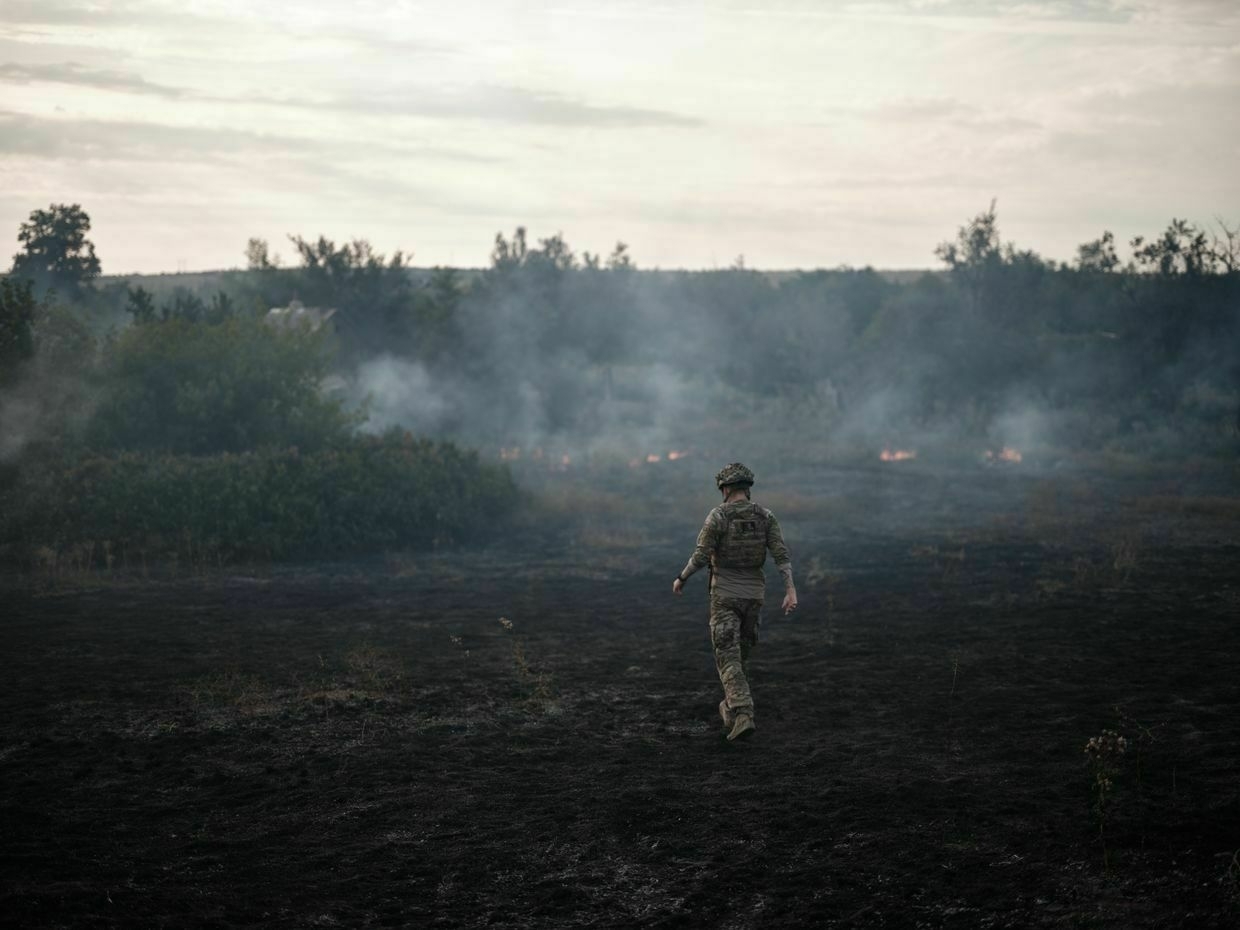
The Observatory’s research has been a key source of evidence for international investigations. It contributed to multiple reports on Russia’s actions in Ukraine and played a role in securing six International Criminal Court (ICC) indictments, including the 2023 arrest warrant for Russian President Vladimir Putin and his commissioner for children’s rights, Maria Lvova-Belova.
The ICC accused them of overseeing the unlawful deportation of Ukrainian children, an act Ukraine considers an attempt to erase their national identity.
Despite Moscow’s claims that it relocates children from combat zones for their safety, Ukraine and human rights groups argue that Russia is systematically adopting and indoctrinating them.
Putin even signed a decree in 2022, making it easier for Russian families to adopt Ukrainian children. The Observatory’s reports identified at least 35,000 children affected by these forced transfers, with researchers insisting that their findings are crucial for Ukraine’s efforts to bring them home.
The Ukrainian government has managed to return 1,240 children so far, according to the Ukrainian national database “Children of War."
-
2 Sumy Oblast hospitals hit by drones hours after Putin agrees to halt energy grid attacks
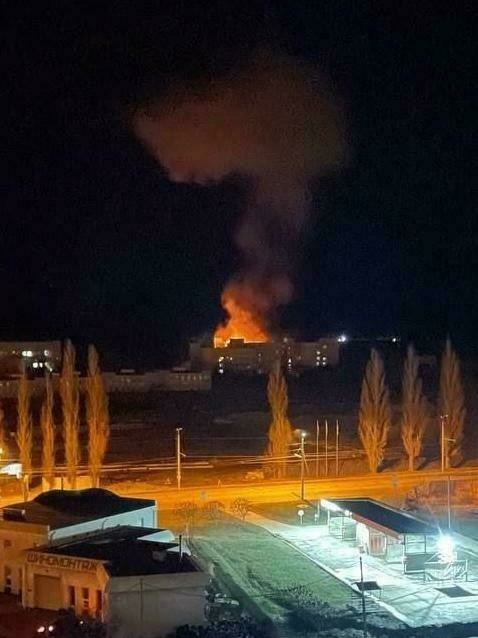
A hospital in Ukraine’s northeastern city of Sumy and another in the town of Krasnopillia were hit by drones during a series of attacks on Ukraine, prompting President Volodymyr Zelensky to accuse Vladimir Putin of “effectively rejecting” a ceasefire.
No casualties were reported following the Sumy Oblast strikes at the time of publication. First responders have been dispatched to the sites of the attacks.
This came after a call between U.S. President Donald Trump and the Russian president, in which Putin had agreed to halt strikes on Ukraine’s energy infrastructure. The Kremlin had announced that Putin had given immediate orders to cease such attacks.
However, shortly after the call, air raid sirens blared, and explosions rocked Ukraine.
Zelensky confirmed the strikes targeted civilian infrastructure. Local reports indicated that power infrastructure in Donetsk Oblast’s Slovyansk was damaged, causing partial blackouts.
Kremlin demands halt to foreign military aid, intelligence to Ukraine as condition for avoiding war escalationThe Kremlin has demanded a complete cessation of foreign military aid and intelligence to Ukraine as a “key condition for avoiding an escalation of the war,” according to a statement released on March 18.The Kyiv IndependentKateryna Hodunova
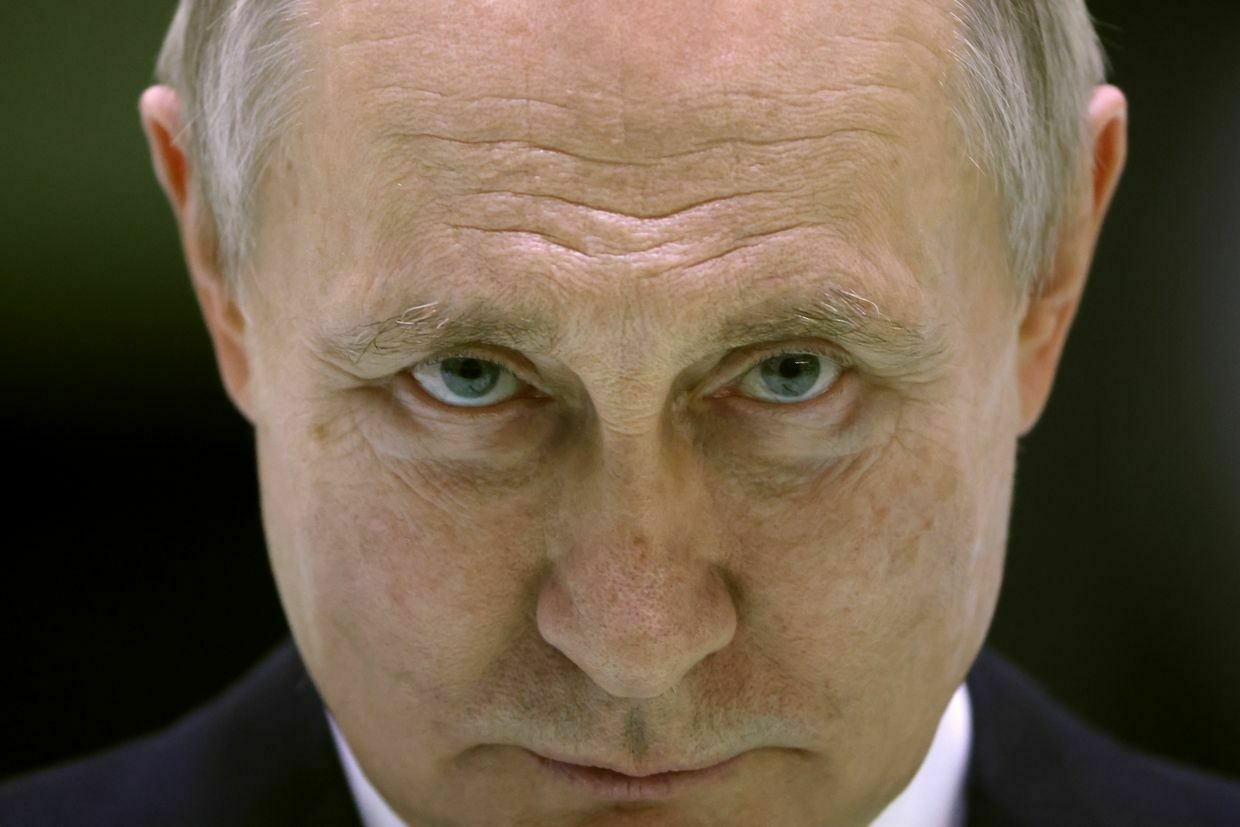
According to Zelensky, over 40 Russian drones were launched in the assault.
“It is precisely such night attacks by Russia that destroy our energy systems, our infrastructure, the normal life of Ukrainians. And the fact that this night was no exception shows that pressure must continue on Russia for the sake of peace,” he said.
“Today, Putin de facto rejected the proposal for a complete ceasefire. It would be right for the world to reject in response any attempts by Putin to drag out the war,” the president said.
Sumy Oblast borders Russia’s Bryansk, Kursk, and Belgorod oblasts. Residents of the vulnerable border communities experience multiple attacks per day.
Who is to gain more from a ceasefire — Russia or Ukraine?U.S. President Donald Trump said on March 17 that he expects to hold a phone call with his Russian counterpart Vladimir Putin to discuss a U.S.-backed ceasefire proposal that Moscow has yet to agree to. Russia has declined to immediately accept the 30-day ceasefire proposal, with theThe Kyiv IndependentOleg Sukhov
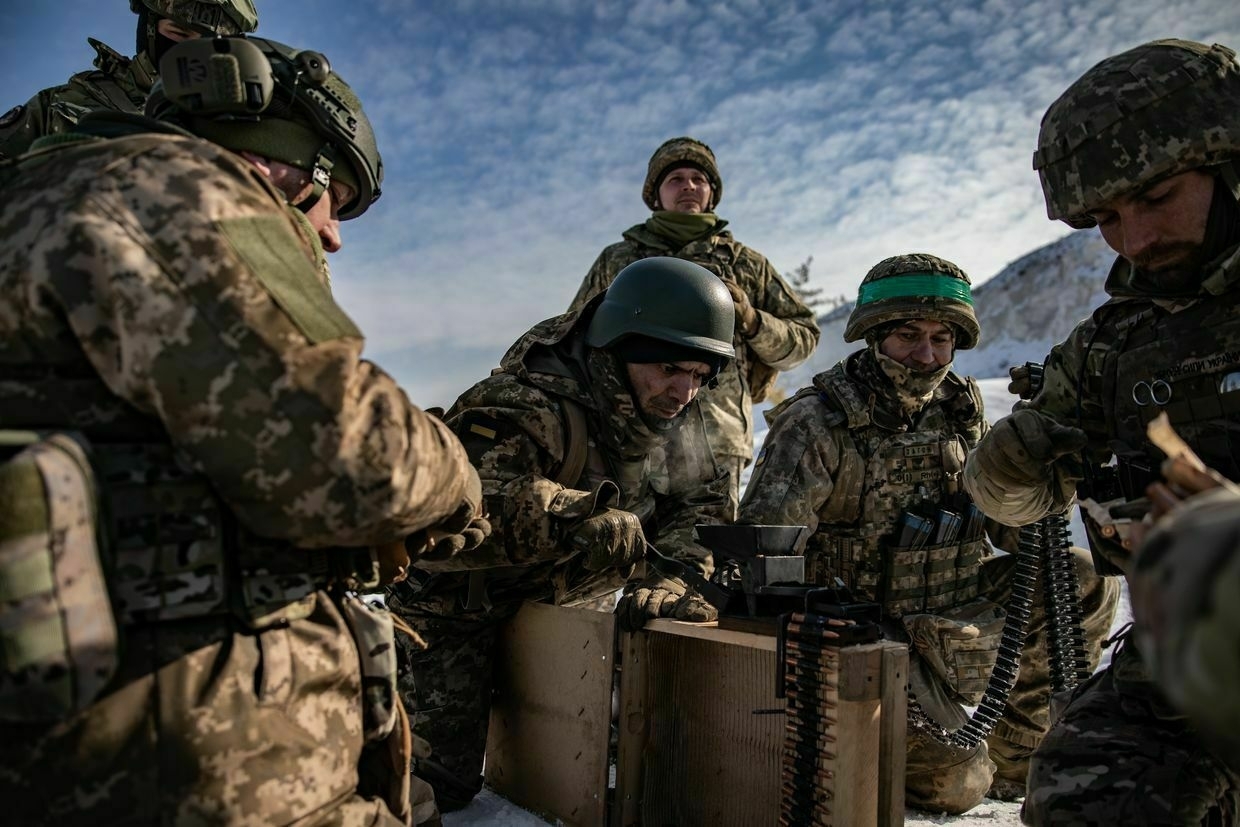
-
US-Russia ceasefire talks set for March 23 in Jeddah, US envoy Witkoff says
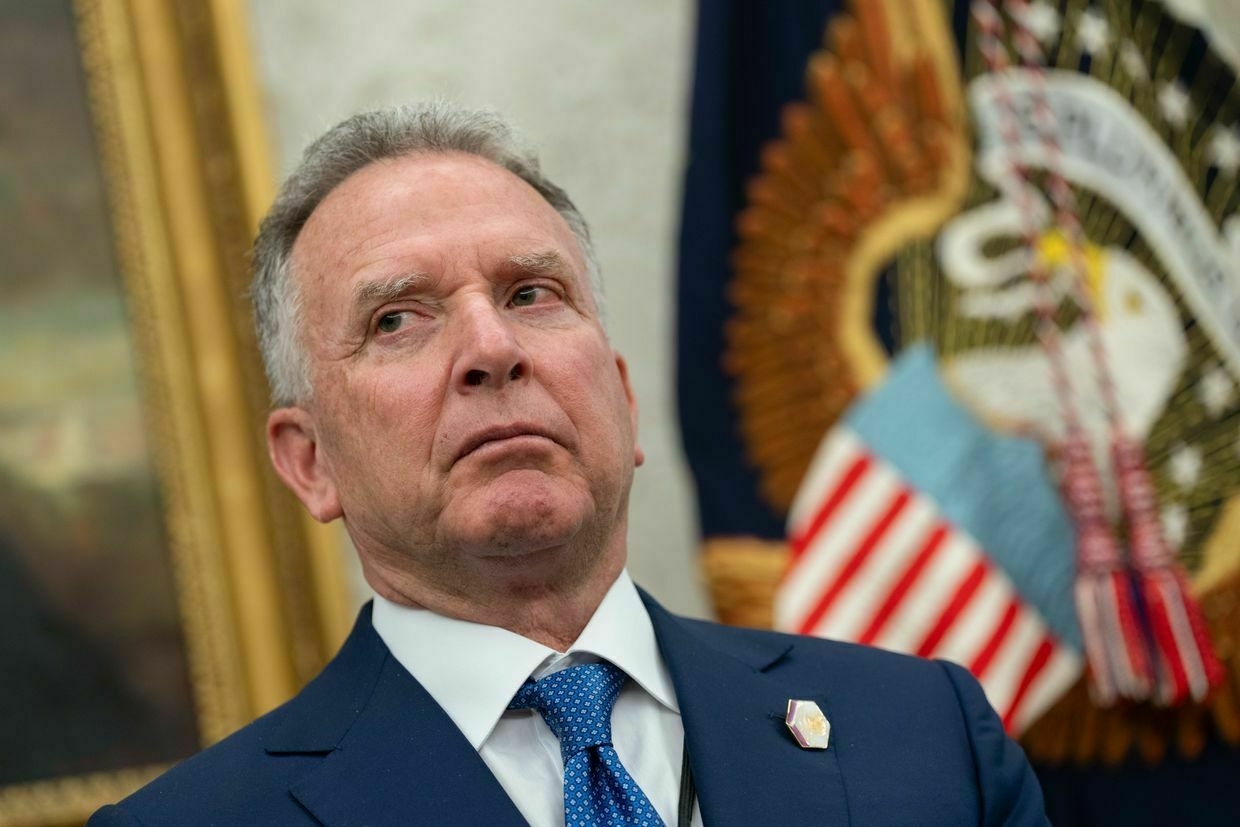
U.S. envoy Steve Witkoff told Fox News on March 18 that diplomatic talks between the U.S. and Russia will take place on March 23 in Jeddah, Saudi Arabia.
The discussions, led by National Security Adviser Mike Waltz and Secretary of State Marco Rubio, will focus on key details regarding the ceasefire.
It remains unclear whether Ukraine will be invited to the talks.
“Up until recently, we really didn’t have consensus around these two aspects - the energy and infrastructure ceasefire and the Black Sea moratorium on firing - and today we got to that place, and I think it’s a relatively short distance to a full ceasefire from there,” Witkoff, U.S. President Donald Trump’s special envoy to the Middle East, said on air.
Russian President Vladimir Putin agreed to a 30-day halt on strikes against energy infrastructure during a call with Trump, according to a Kremlin readout issued on March 18.
The statement followed the 1.5-hour phone call between Putin and Trump, during which they discussed ending the war in Ukraine and the U.S. proposal for a 30-day ceasefire to allow for further peace talks.
“During the conversation, Donald Trump proposed a mutual refusal of the parties to the conflict to strike for 30 days on energy infrastructure facilities,” the statement read. “Vladimir Putin responded positively to this initiative and immediately gave the appropriate command to the Russian military."
The Kremlin also said Putin “responded constructively to Donald Trump’s idea of implementing a well-known initiative concerning the safety of navigation in the Black Sea."
“It was agreed to begin negotiations to further elaborate specific details of such an agreement,” the statement added.
-
Putin didn't mention military aid in phone call, Trump says
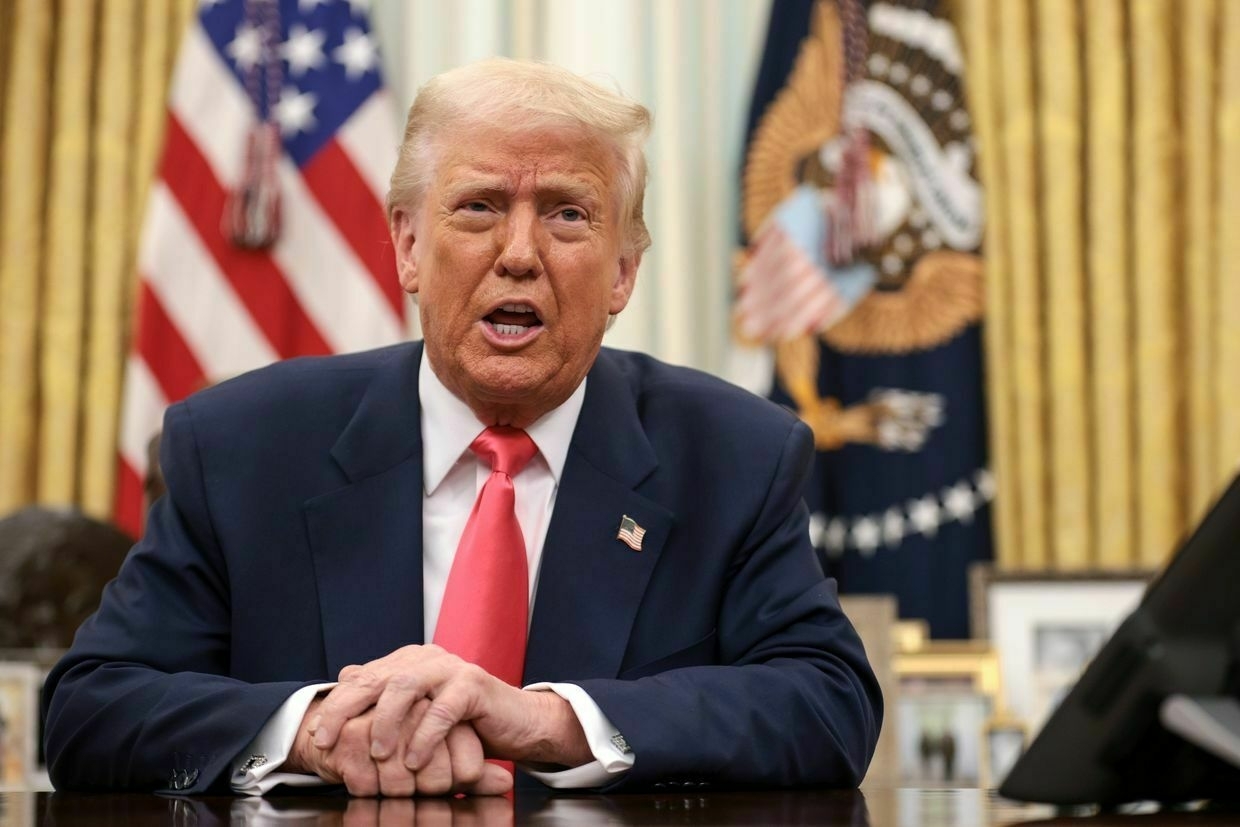
Russian President Vladimir Putin did not discuss military aid to Ukraine during his phone call with U.S. President Donald Trump, according to an interview Trump gave with Fox News following the call.
Trump and Putin spoke for nearly two hours on March 18. During the call, Putin agreed to accept a limited 30-day pause on energy infrastructure attacks but did not agree to the broader ceasefire proposed by the U.S. The Kremlin later issued a statement demanding Ukraine stop receiving foreign military aid as a condition of the ceasefire.
In an interview with Fox News correspondent Laura Ingraham following the call, Trump denied that Putin demanded a freeze on military aid to Kyiv.
“No he didn’t, we didn’t talk about aid, actually we didn’t talk about aid at all,” Trump said.
“We talked about a lot of things, but aid was never discussed.”
Trump described the conversation as “a great call” and said that other topics included improving U.S.-Russian relations and expanding trade.
“With Russia we don’t have that much trade, and they’d like to, and we’d like to also,” he said.
“They have some valuable things for us, including very big forms of rare earth. They have a lot of earth, you know. They have a big chunk of real estate. The biggest, actually. The biggest in the world, for a country, by far. And on that, they have things that we could use, frankly, and other people could use."
Trump has previously expressed interest in exploring Russia’s significant mineral deposits, even as he simultaneously pursues a natural resources deal with Kyiv. Putin also said on Feb. 24 that Moscow is open to working with foreign partners on developing rare earth metals, including in occupied regions of Ukraine.
After the March 18 call, the Kremlin issued a statement saying Trump and Putin were open to developing “mutually beneficial cooperation in the economy and energy sector."
“I think Russia wants to get along with the United States,” Trump told Fox News.
Russia is interested in gaining accesss to American “economic power,” he added.
While Trump denied that Putin personally demanded a freeze on military aid to Ukraine during the phone call, he did not say whether the U.S. would agree to such a demand. The U.S. earlier this month suspended military aid and intelligence sharing to Ukraine for a week following a White House clash between Trump and President Volodymyr Zelensky.
The U.S. resumed sending weapons and intelligence after Ukrainian officials held talks with a White House delegation in Jeddah, Saudi Arabia on March 11.
Zelensky told reporters on March 18 that he did not believe Ukraine’s allies would agree to Russia’s demands for a freeze on military aid.
‘I don’t want us to be on Putin’s menu’ — Zelensky says negotiations must include Ukraine“We are an independent state. Without us, I think it’s wrong to negotiate,” President Volodymyr Zelensky said on March 18.The Kyiv IndependentAbbey Fenbert
